LG C4 is a television that will likely have no competition in its price range for many users. Thanks to the wide options for purchase, it will appeal to those looking for a TV strictly for movies and series, as well as for gaming. The advanced WebOS system and a remote that works like a mouse will certainly make everyday use much easier and ensure that we will likely stick with this brand for a much longer time. The OLED panel implemented by the manufacturer, resulting from over 10 years of history, shows that it has not yet said its last word. Brightness results in HDR material are very solid and can display an incredibly dynamic and deep image. Here, it’s worth mentioning the excellently implemented dynamic tone mapping feature, which makes HDR10 images look almost as good as Dolby Vision. And if we’re talking about fidelity to artistic vision, we can't forget about how calibratable LG TVs are, allowing for a great deal of freedom for the calibrator and classic calibration for home users, as well as 3D LUT for professionals. However, if we are looking for a gaming TV, then the LG C4, like most of the manufacturer’s OLED TVs, will be the ideal choice. With the implementation of HDMI 2.1 ports and the full use of their potential, we can enjoy extremely smooth gameplay with all the benefits, such as VRR, ALLM, FreeSync, or G-Sync. Of course, the panel, which has a maximum refresh rate of 144 Hz and an advanced smoothing technology, will also allow for very smooth and sharp images during broadcasts of various sporting events. It’s hard not to give a high rating to LG OLED C4, as it's difficult to find a TV in a similar price range with such advanced features among the competition.
- Matching (Score)
- Our verdict
- TV appearance
- Where to buy
- Contrast and black detail
- HDR effect quality
- Factory color reproduction
- Color reproduction after calibration
- Smoothness of tonal transitions
- Image scaling and smoothness of tonal transitions
- Blur and motion smoothness
- Console compatibility and gaming features
- Input lag
- Compatibility with PC
- Viewing angles
- TV efficiency during daytime
- Details about the matrix
- TV features
- Apps
- Playing files from USB
- Sound
LG OLED C4 vs TCL C9K
Direct compare
C45 / C41
C9K

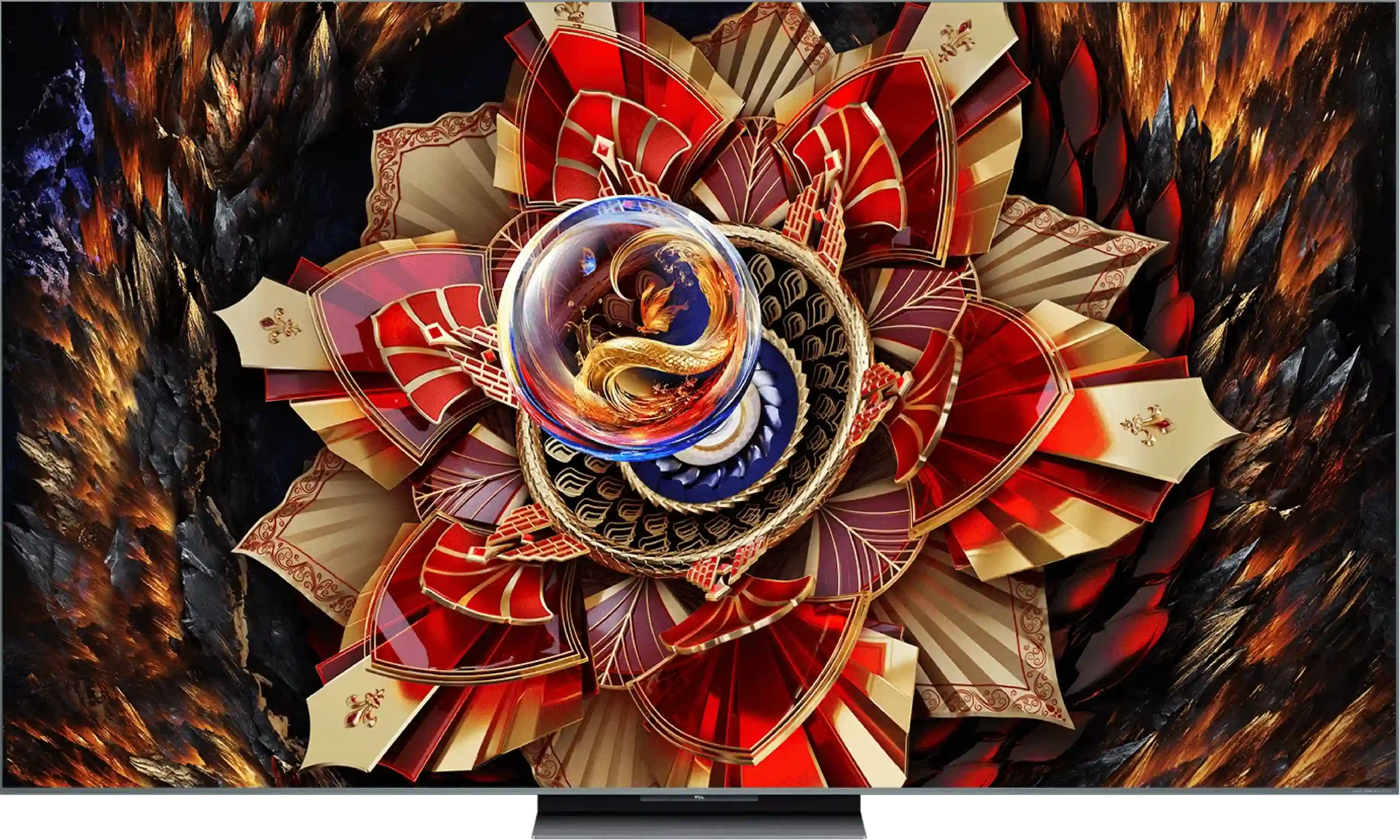
Panel type: WRGB OLED
Resolution: 3840x2160
System: WebOS
Model year: 2024
Complete the survey to find out the result

Panel type: LCD VA
Resolution: 3840x2160
System: Google TV
Model year: 2025
Complete the survey to find out the result

Overall rating
8.1
7.7
Movies and series in UHD quality
8.1
7.4
Classic TV, YouTube
8.8
7.0
Sports broadcasts (TV and apps)
8.6
6.8
Gaming on console
9.3
8.9
TV as a computer monitor
8.6
8.6
Watching in bright light
5.7
7.0
Utility functions
8.2
7.7
Apps
9.1
9.6
Sound quality
7.5
7.9
Complete the survey to find out what fits your preferences
Advantages
High efficiency in HDR materials
Very good colour reproduction after calibration
Faithfulness of image with directorial vision
Excellent collaboration with consoles and PCs - low input lag, multitude of conveniences
Advanced motion smoothing system
Very good contrast and black levels
Very high brightness
Support for all HDR formats including Dolby Vision
Fast 144Hz panel - for gaming and sports enthusiasts
Many features for gamers: VRR, ALLM, low input lag, etc.
GoogleTV operating system with a wide range of applications
Great sound branded Bang & Olufsen
Improved viewing angles thanks to WHVA panel
Disadvantages
Sometimes visible tonal transitions
Local dimming needs improvement
Only 2 HDMI 2.1 ports
No recording function from built-in tuners and no PiP
No smaller variants like 55"
Our verdict
The TCL C9K is a television that on paper looks like a showcase of the manufacturer's prowess – thousands of Mini-LED zones, a WHVA panel, audio system by Bang & Olufsen, full HDR format support, gaming at 144 Hz, and even 288 Hz at lower resolutions. It’s clear that TCL wanted to pack in absolutely everything they had that was best. And indeed – in many respects, the C9K can impress. The brightness is immense, HDR can be stunning in larger scenes, motion fluidity and gamer capabilities are at a top level, and the sound – for a TV speaker – sounds really good. It’s equipment that can easily be regarded as the hub of home entertainment. But there's also another side to the coin. Brightness management simply falters despite the incredible technical specification – smaller details often get lost in shadows or are burned out. And although synthetic tests of contrast and brightness appear outstanding, in day-to-day watching of films and series the effect isn't as impressive.
To summarise briefly: the C9K is a television full of contrasts – literally and metaphorically. It can deliver experiences close to the top screens, but it’s still clear that TCL needs to work on software and optimisation. If someone is looking for a screen for gaming, sports or spectacular blockbusters – they will be thrilled. However, if they are counting on perfect reproduction of the director's vision and think they have managed to buy an absolutely top model at half the price of the competition, they will unfortunately be disappointed. It’s a pity, because the technological potential here is really immense – just a bit of common sense in its application was lacking.
TV appearance




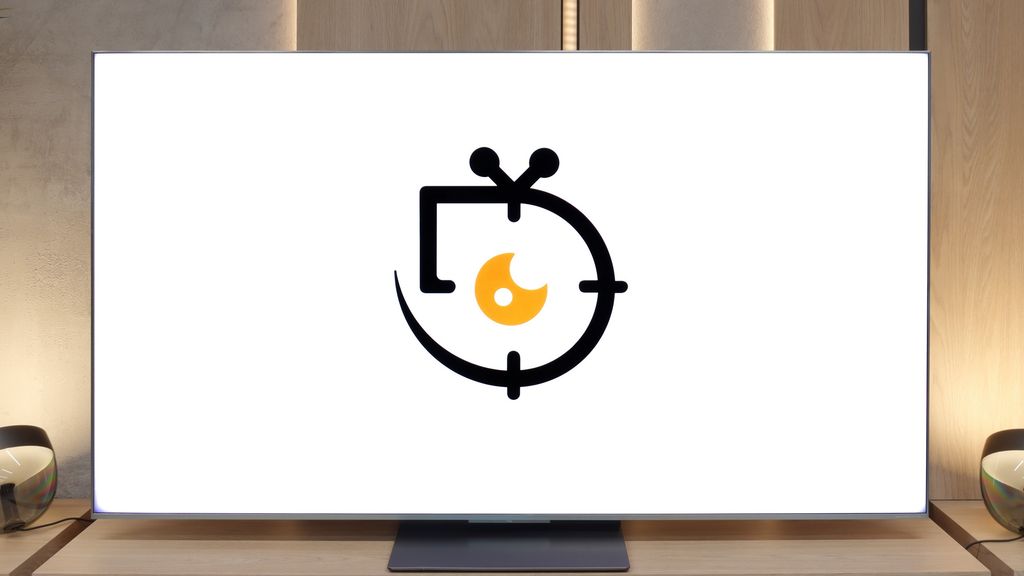
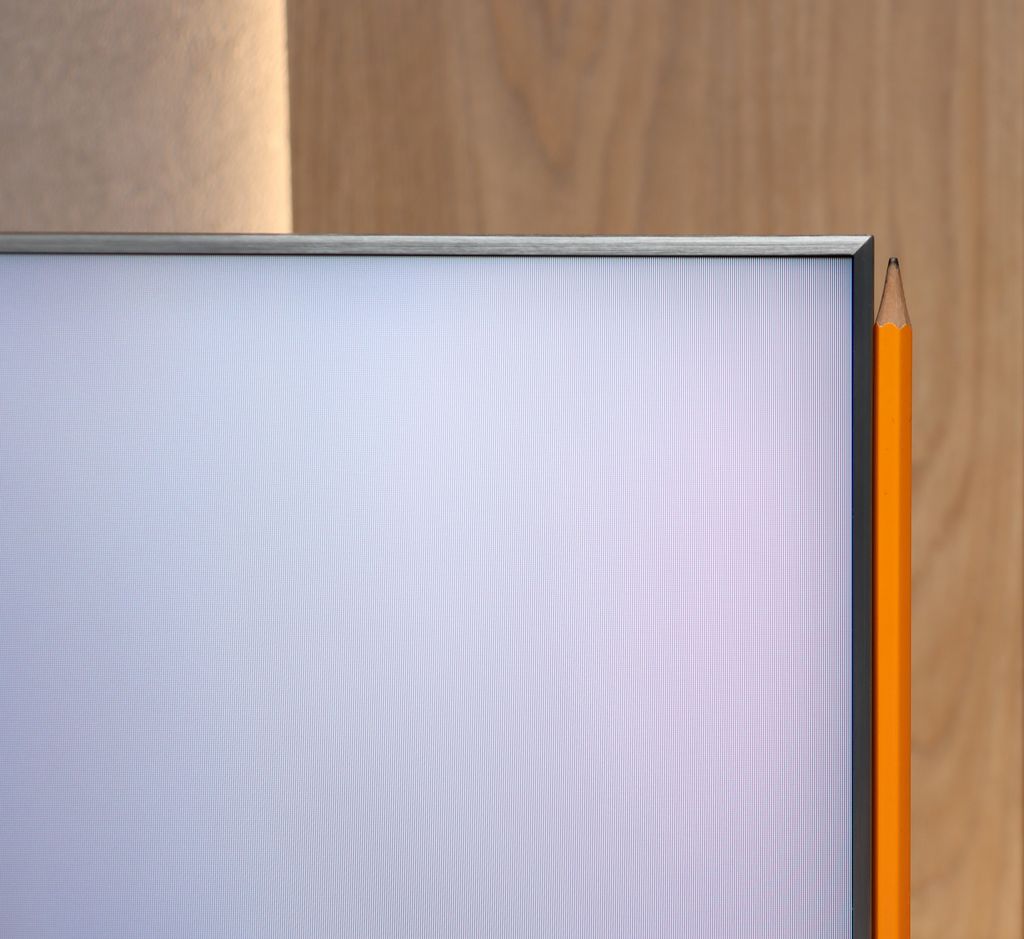
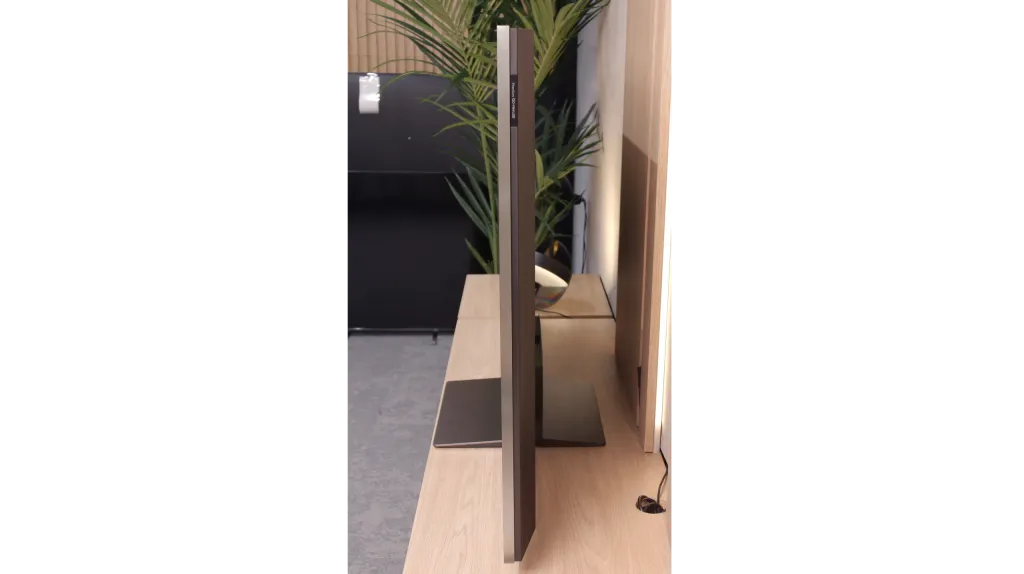
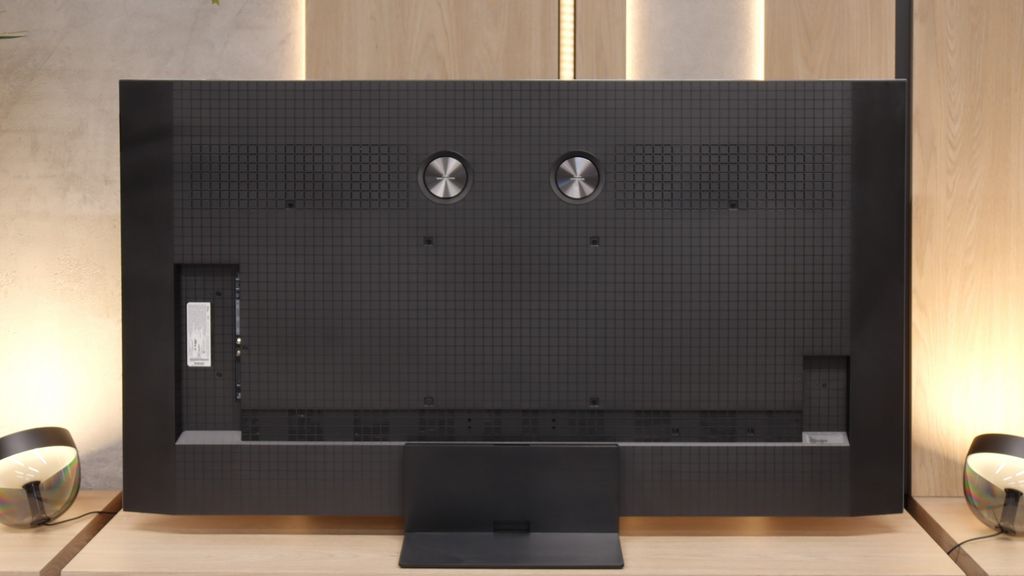
Contrast and black detail
10/10
8.1/10
Local dimming function: Yes, number of zones: 3024 (42 x 72)
Contrast:
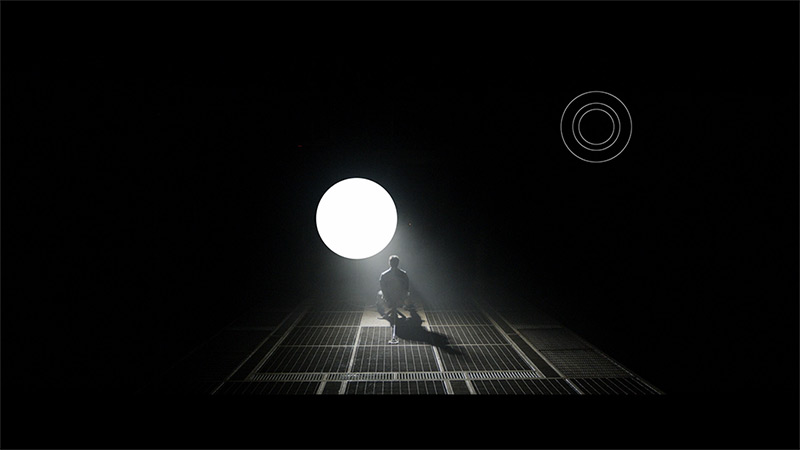
Result
∞:1
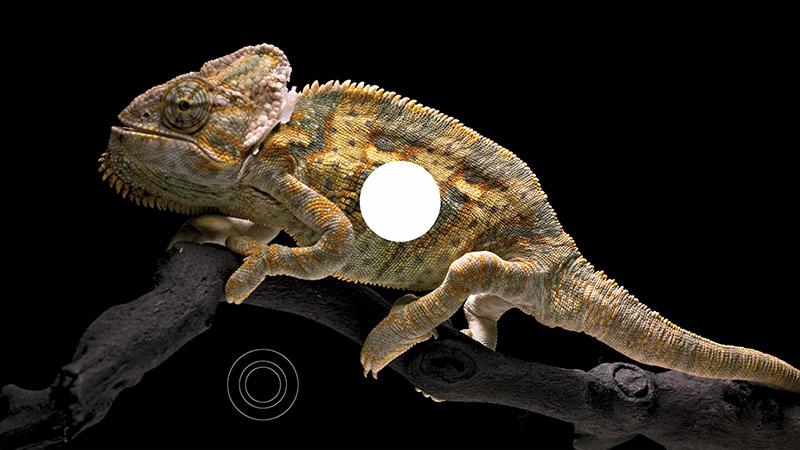
Result
∞:1
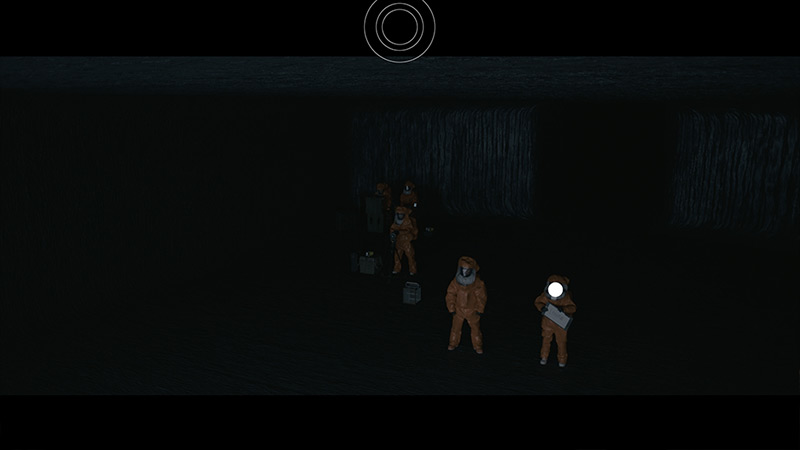
Result
∞:1

Result
∞:1
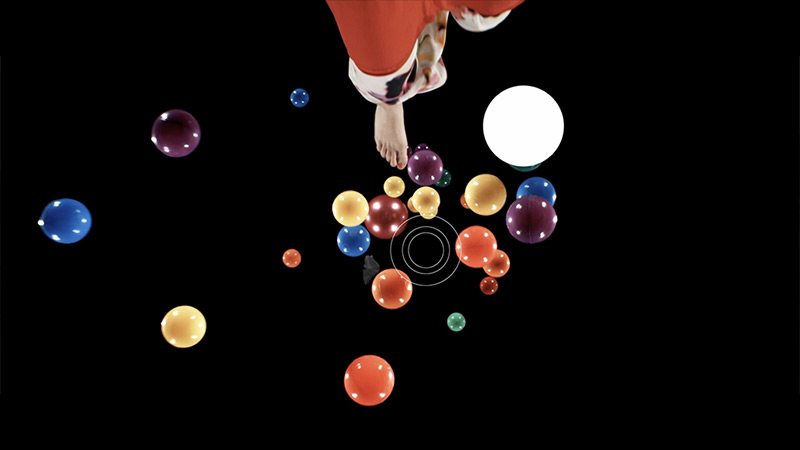
Result
∞:1

Result
459,000:1

Result
72,750:1

Result
30,350:1

Result
9,800:1

Result
12,200:1
Halo effect and black detail visibility:

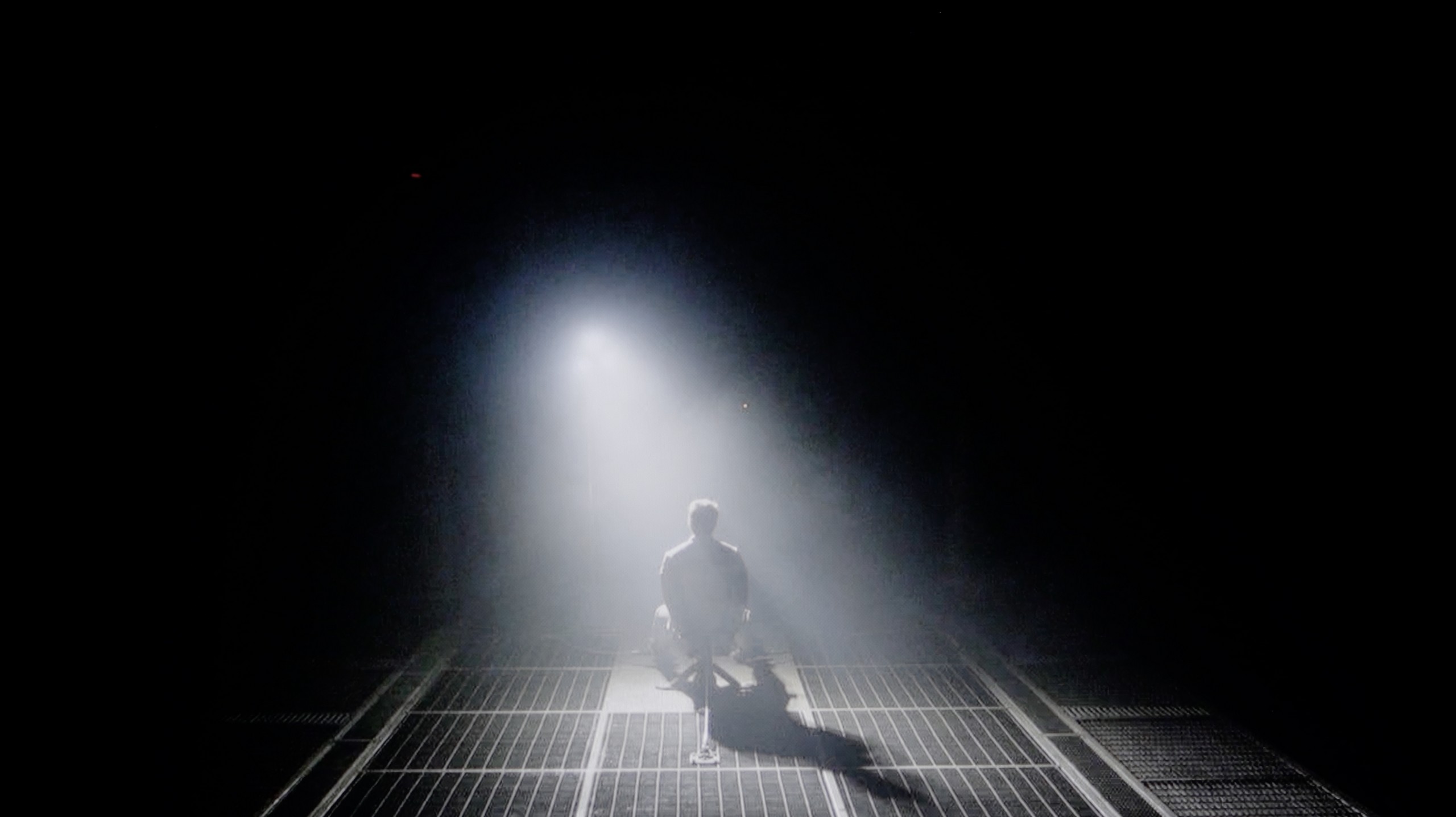
LG OLED C4, as the name suggests, uses an organic panel of its own production. This series definitely belongs to one of the most recognisable on the market. Over 10 years of experience in building self-emissive panels has allowed for the refinement of each subsequent design, with the models from the 2024 range being the quintessence of this process. Of course, the use of this type of screen enables the achievement of flawless contrast and blacks, allowing viewers to immerse themselves in the world created by the director. This is possible thanks to the OLED panel, characterised by the absence of conventional backlighting, which instead allows current to pass through organic pixels. This permits super-accurate image control, thereby eliminating issues such as dimming of delicate fine details or the halo/blooming effect. Looking at both of our test scenes, we can notice two things: perfect light separation and a plethora of details in the movie "Sicario 2".
What immediately sets the C9K apart from the C8K model is the number of local dimming zones. In the 65-inch version, we counted… over 3000! I must admit – it’s a true show of force from TCL, who crammed literally everything they had on hand into this television. On paper, it makes a huge impression and indeed – in less demanding film scenes, the blacks look fantastic. The level is absolutely top-notch, and the separation of lights from dark parts of the image can be astonishing. The problem is that this impressive specification doesn’t always translate into practice. In our tests, we noticed situations where the C9K, despite having a greater number of zones, got caught in contrast traps and performed… worse than the C8K. For instance, it struggles to perfectly dim the true black bars in 21:9 films (those with black bars at the top and bottom). Sounds strange? Unfortunately, this is the result of a lack of optimisation – the hardware is “packed” with technology, but the algorithms don’t always keep pace with exploiting this potential.
Don’t get us wrong – black is a strong point of the C9K and in many scenes, it simply looks fantastic. In synthetic measurements, the contrast performs exceptionally well, coming close to the level of the best televisions on the market. But in real cinematic use, these numbers don’t always correlate with a better experience than that of its cheaper cousin. And that’s perhaps the biggest disappointment – because the potential was enormous.
HDR effect quality
6.6/10
6.9/10
Luminance measurements in HDR:

Result
796 nit
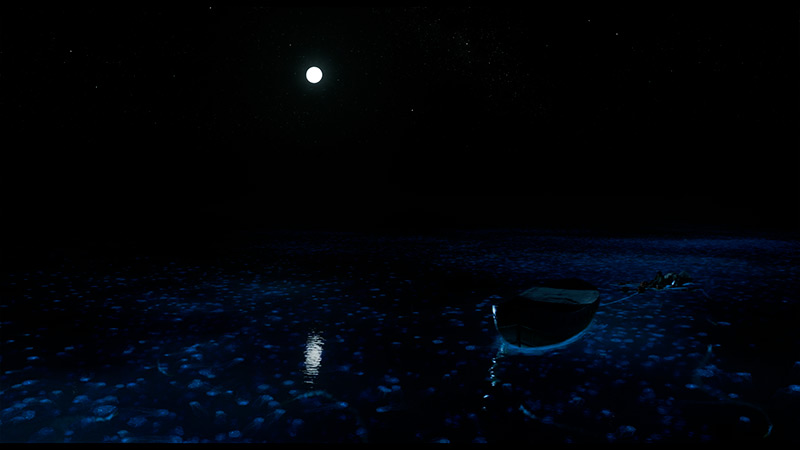
Result
772 nit
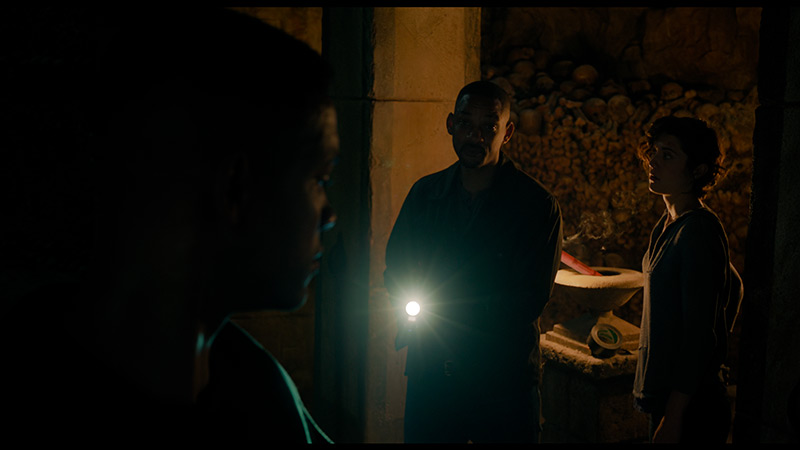
Result
869 nit

Result
837 nit

Result
604 nit

Result
1425 nit

Result
531 nit

Result
1277 nit

Result
331 nit

Result
1424 nit
Scene from the movie “Pan” (about 2800 nits)


Scene from the movie “Billy Lynn” (about 1100 nits)


Static HDR10


Dynamic: Dolby Vision
Dynamic: Dolby Vision


HDR luminance chart:
TCL C9K
Luminancja HDR
Luminance of RGB colors
LG OLED C4
Luminancja HDR
Luminance of RGB colors
The results of HDR materials are definitely among the better ones. Practically every film significantly exceeds the 700 nits barrier, which allows for a very realistic image. Of course, none of them surpasses the magical thousand, however, the combination of such results along with unlimited contrast and black effectively boosts the visual outcome. The last of the scenes, featuring a fullscreen sun burst, is indeed less bright than the others, although it still represents a respectable level. It's also worth mentioning the excellent coverage of the DCI-P3 colour palette, which will enable the achievement of exceptionally vivid colours.
As we mentioned regarding black levels and contrast – the C9K can make a huge impression in synthetic tests. Our measurements showed that on a screen 10% filled with white, the television can achieve... 4000 nits of brightness! It sounds out of this world, but – and here's where the pattern unfortunately repeats – the numbers say one thing, and the practical experience says another. In real movie scenes, the situation looks different. In the best-case scenario, when light effects occupy a large part of the image and the local dimming algorithm doesn't have to ponder too much about what to do with thousands of zones, the effect is really quite good. At that point, the C9K can hit around 1500 nits, which delivers a pleasant, intense burst and can indeed leave a positive impression.
The problem arises with smaller elements – such as stars in the sky, the moon, or individual reflections. That's when the proverbial cat comes out of the bag: the algorithms are not yet refined, and brightness drops to as low as 400–500 nits. That's a huge difference from the potential 4000 nits we saw in lab tests. Why does this happen? Most likely, the television is trying to protect the black levels in this way and minimize the halo effect around bright objects. Unfortunately, this comes at the expense of detail – some details simply vanish, and the scene loses its nature.
Factory color reproduction
8.1/10
4.5/10


Factory Mode
After calibration


Factory Mode
After calibration
The best factory mode implemented in the tested television was "Filmmaker". That was the one we used during all tests. This mode, in terms of colour reproduction, turned out to be quite decent, although other flaws effectively detracted from the enjoyment of the viewing experience. Starting with the most basic one, which is white balance, it was easy to notice that this was marked by a dominance of red, which completely altered the characteristics of the picture. We could see a strong yellowing of the whites and a shift of all colours to warmer tones. The gamma, which is a graph as equally important, if not more so, was quite severely reduced, resulting in a significant drop in contrast, except for the start of the graph, where the television insidiously lost details. That’s all regarding SDR materials. Looking closely at films with a wide dynamic range, we can observe exactly the same phenomenon of white balance yellowing as in films with a standard colour palette. The EOTF curve, which replaces the gamma chart for us, is practically perfect and cannot be faulted.
For colour tests, we once again reached for the Filmmaker mode – a new feature in TCL televisions for 2025. While the direction is a step in the right way, the execution leaves a lot to be desired. The white balance in SDR content turned out to be too warm – there was an excess of red. On the other hand, in HDR, it swung in the opposite direction: the image became excessively blue. The Colour Checker test revealed quite a few colour inaccuracies that were noticeable to the naked eye. An even bigger problem turned out to be what we mentioned above – brightness management. Regardless of whether we were watching SDR or HDR content, the image tended to wash out the entire scene, giving it an unnatural, almost grotesque character. Therefore, it’s hard to call this a "director's mode" – because no director has ever seen such an image.
Color reproduction after calibration
9.5/10
7/10




As we mentioned earlier, LG televisions are equipped with advanced tools for carrying out the calibration process. We used them to model the picture in line with what the director envisioned. And without modesty, we must admit that we achieved this phenomenally. Both SDR and HDR materials present a level that clearly indicates this is how a film should look. It's worth taking a look at the colour errors on the "ColorChecker" palette, where practically none of them exceed "1", except for two samples.
After calibration, we finally managed to tame the white balance – and it immediately translated into a more natural image. Colours finally started to look as they should, and the overall presentation was incomparably better than on the factory settings. In other words – it’s worth taking a moment to improve this, as the gain is really significant. The gamma responsible for brightness management also managed to be brought into order in SDR content, and the effect was more than satisfactory. Unfortunately, when we turned on HDR materials, the situation quickly became complicated. No matter how we set the local dimming, the television had a tendency to do what it liked with the image – either it overexposed everything or darkened the darkest parts too much. Just like we saw in the scene from the movie Billy Lynn. Colour-wise, the improvement after calibration makes a great impression, but brightness management in HDR remains the Achilles' heel of the C9K and presents a certain technological limitation.
Smoothness of tonal transitions
7.1/10
8.7/10












The fluidity of tonal transitions in LG televisions has always been a rather sensitive issue, as the manufacturer, despite impeccable performance in other areas, has almost always struggled to get this right. The evaluation results for the fluidity of tonal transitions in the tested television were quite good, with issues mainly visible in darker scenes, such as the last two scenes. Interestingly, this is a significantly better result than the highest model from the manufacturer, namely the LG G4.
In terms of tonal transition fluidity, TCL C9K performs quite well. In more challenging movie scenes, there's no typical banding of colours that can break immersion even in more expensive TVs. There may be slight issues in the brightest areas – for example, in scenes from the movie Kingstone – but these are nuances. For the vast majority of viewers, especially with 4K content, colour gradation will appear smooth and practically unnoticeable.
Image scaling and smoothness of tonal transitions
8/10
5.5/10
Smooth transition function

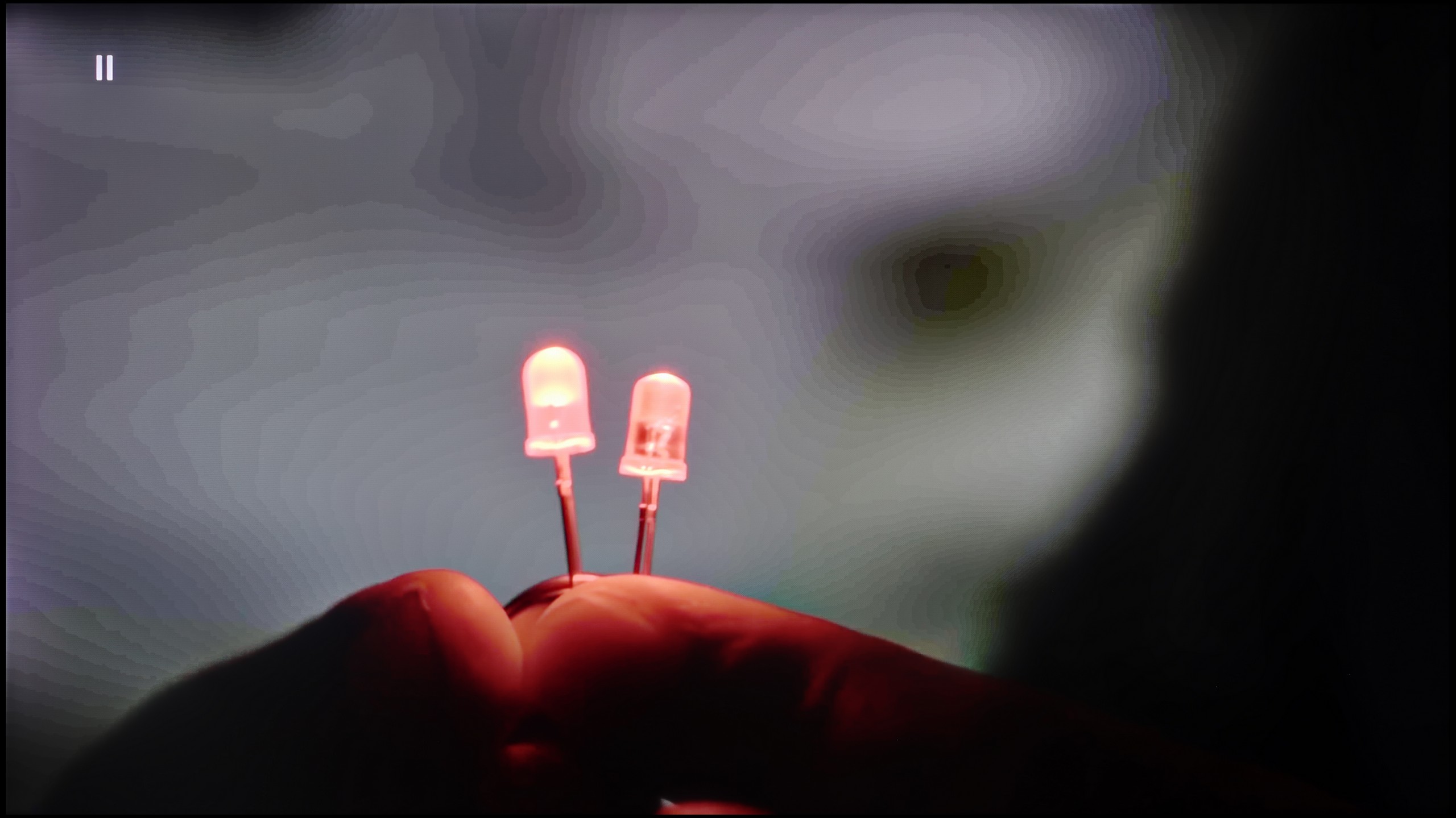
Image without overscan on the SD signal


Once again, we will take a look at the feature responsible for gentle gradation, but we will also address the one that aims to enhance the quality of lower-quality materials. The default smoothing of tonal transitions, as we could see, was not the worst, but it can be improved further. The function has a slider that allows us to adjust its intensity. We recommend using the former, as it produces very good results and does not blur important details.
Image scaling on LG C4 is quite good, however, it cannot be said to be without flaws. The image is slightly sharper by default, although not in a very noticeable way. While jagged edges of trees can be seen, it is not a major issue when compared to other manufacturers.
Digital image processing on the TCL C9K is rather average. The smooth tone transition feature seems to be present, but activating it practically changes nothing – colour bands are still visible, and it can unintentionally highlight elements we’d rather keep hidden, such as object textures. Fortunately, it doesn’t remove film grain, but that’s poor consolation given that the effects are still meagre. It’s therefore hard to recommend using this option.
On the other hand, image scaling presents itself much better. Lower quality materials look quite decent – characters and backgrounds are rendered clearly, although of course, with sources like 576p, the laws of physics cannot be fooled. Occasionally, there’s characteristic edge distortion of objects, but that’s the fault of the source itself, not the algorithm. A plus for not having issues with overscan – the image isn't artificially cropped or enlarged.
Blur and motion smoothness
8.5/10
7.8/10

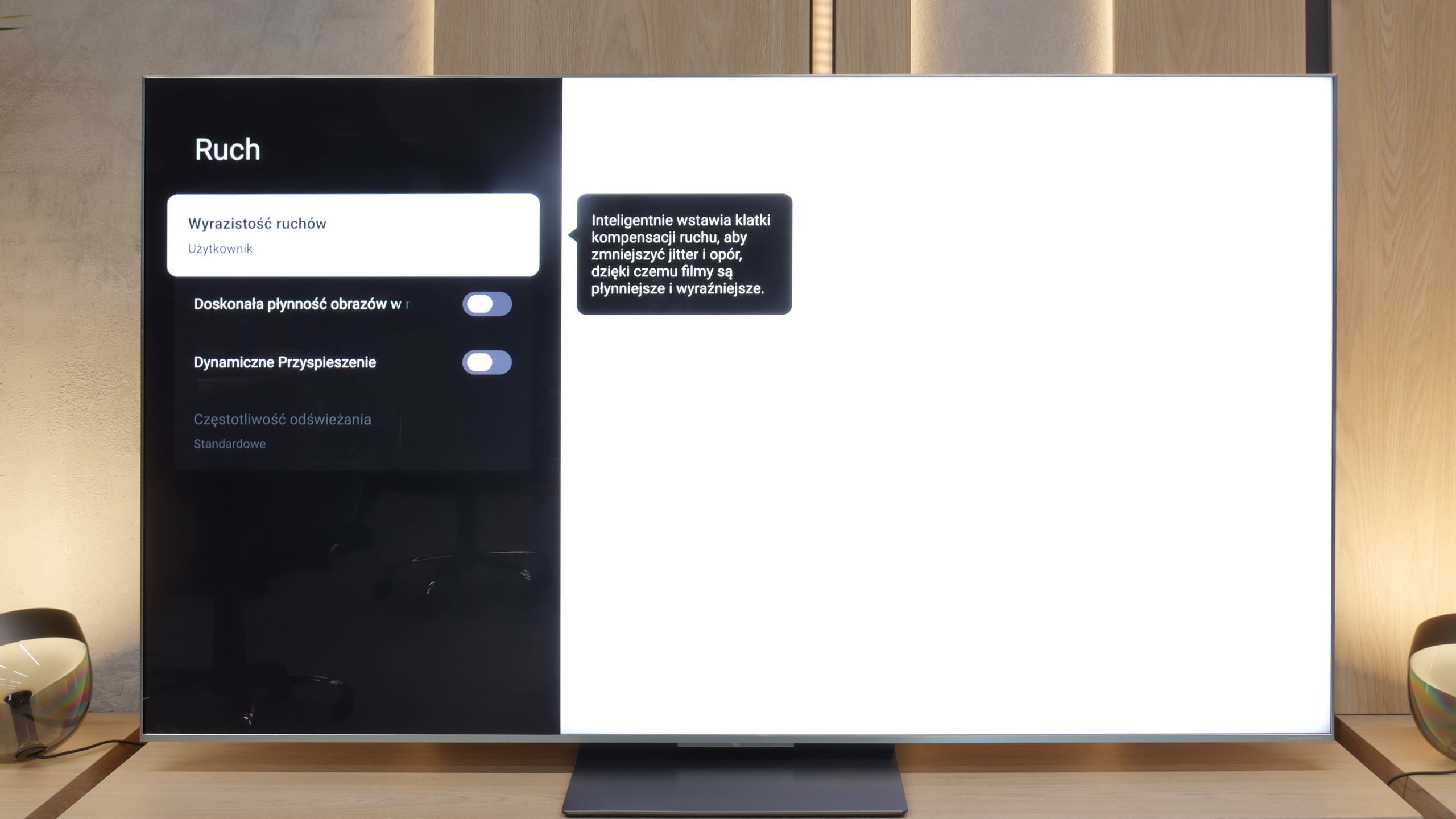
Blur (native resolution, maximum refresh rate):



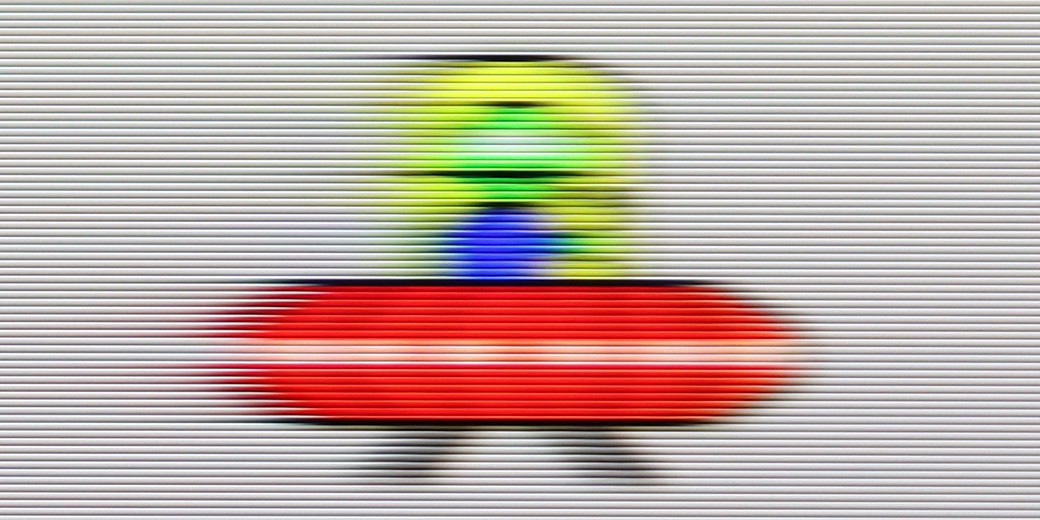
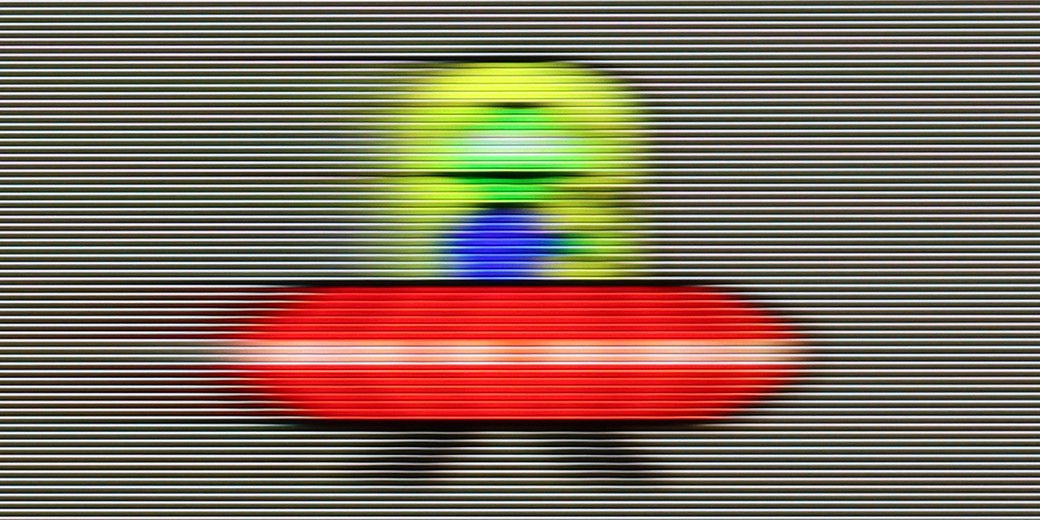
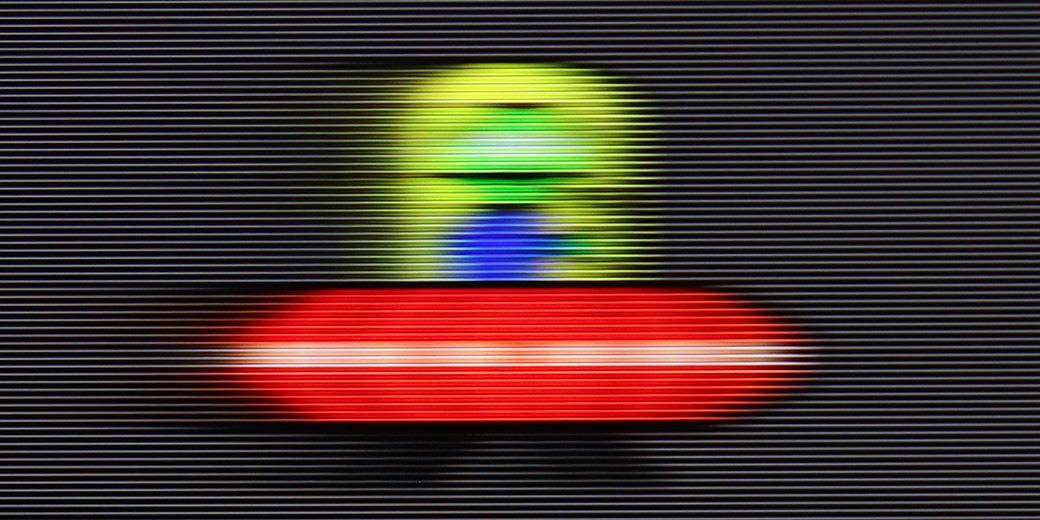
Blur (BFI function enabled):
Image flickers in this mode






Smużenie ():
Smużenie (1080p@288Hz):


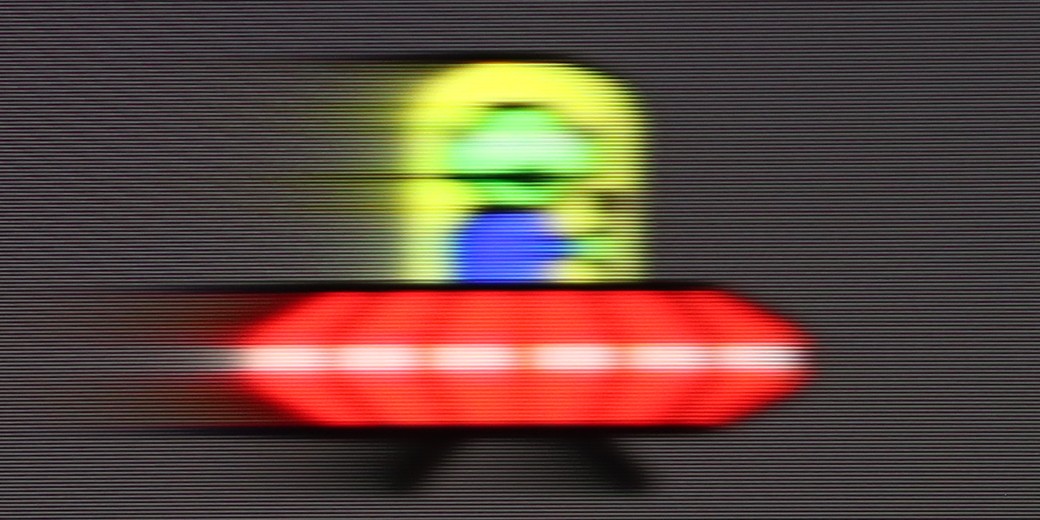
The maximum refresh rate we can set on the LG G4 is 144 Hz. Naturally, this is only possible when connecting the TV to a very powerful PC. Otherwise, we will operate at a maximum refresh rate of 120 Hz, which is recommended if we primarily want to watch sports or content with a lot of motion dynamics. For those who require high fluidity of the image, the manufacturer has implemented a multi-level motion smoother called "TrueMotion". It has been divided into two separate sliders that adjust the sharpness of moving images (De-Blur) and judder (De-Judder). Both sliders can be set in the range of 0 to 10, with each degree affecting the level of smoothing, allowing everyone to find their sweet spot.
The panel of the LG OLED C4 features an average response time of less than 1 ms (which directly results from our measurements), enabling the achievement of an extremely clear image, unattainable for LCD TVs, which can have response times of up to several milliseconds. This is clearly evident in the images from the "UFO Test," which show no trailing blur behind the object.
Similar to the C8K, the C9K is also a really fast TV – both figuratively and literally. It features a 4K panel with a refresh rate of 144 Hz, and at lower resolutions, the panel can even ramp up to 288 Hz. Such speed translates into practice – while watching sports or playing games, the image looks very smooth and clear. Additionally, in movies, we get an extra motion smoother called Motion Clarity, which allows you to adjust the smoothness to your own preferences – from cinematic "judder" to almost theatrical smoothness.
Console compatibility and gaming features
10/10
9.8/10
- ALLM
- VRR
- VRR range40 - 144Hz48 - 288Hz
- Dolby Vision Game Mode
- Correct implementation of HGIG
- 1080p@120Hz
- 1440p@120Hz
- 4K@120Hz
- Game bar

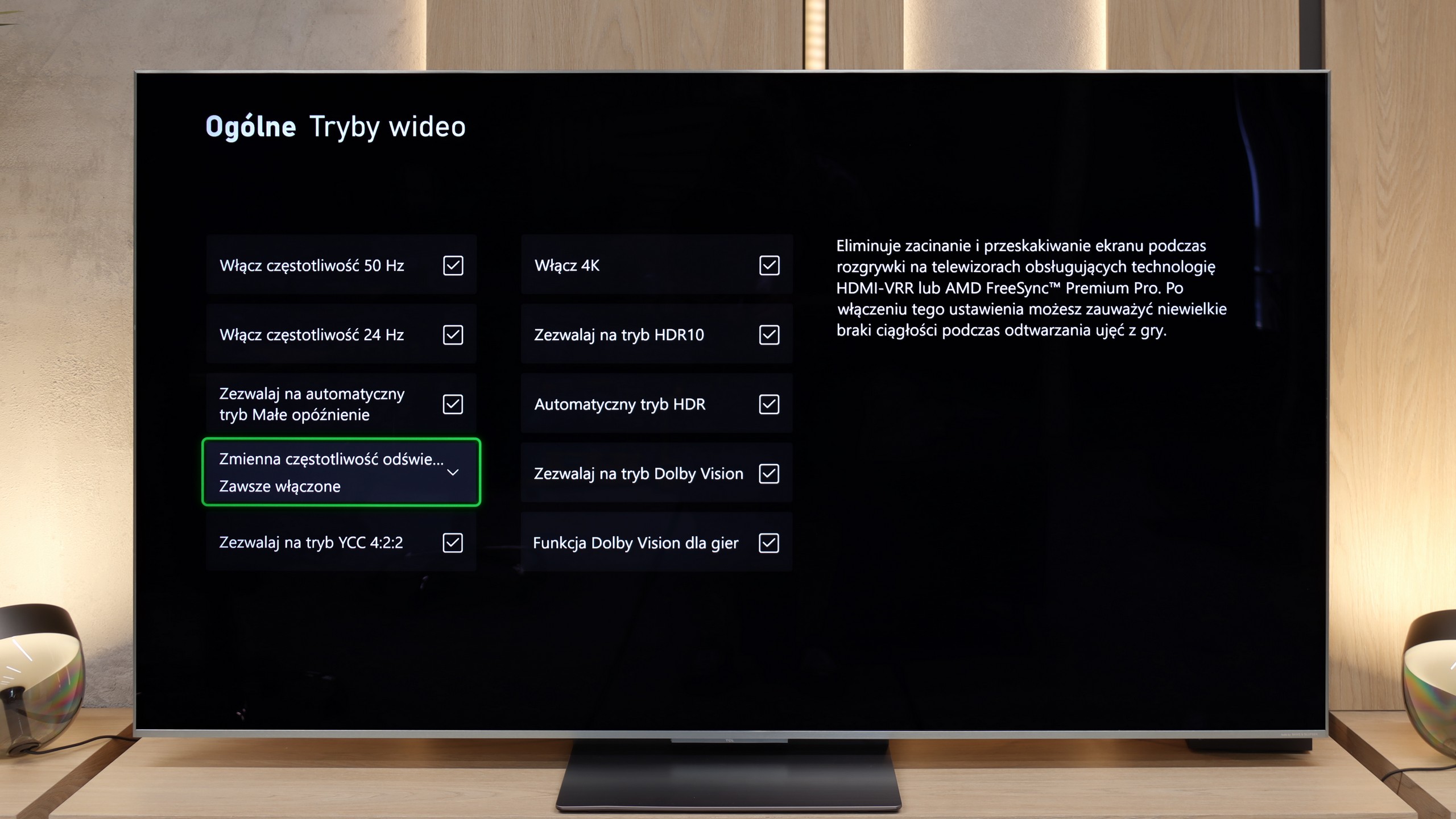

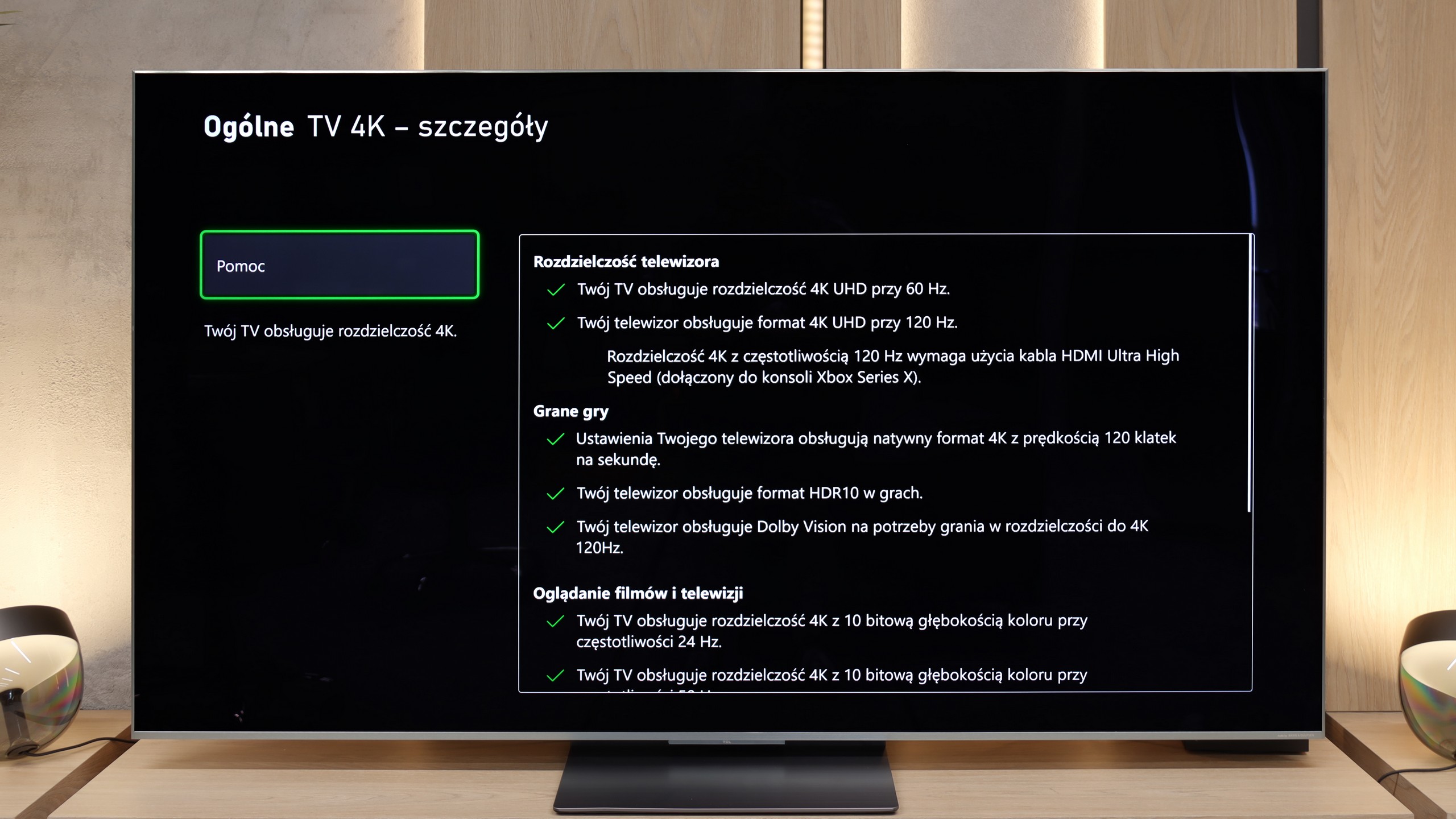

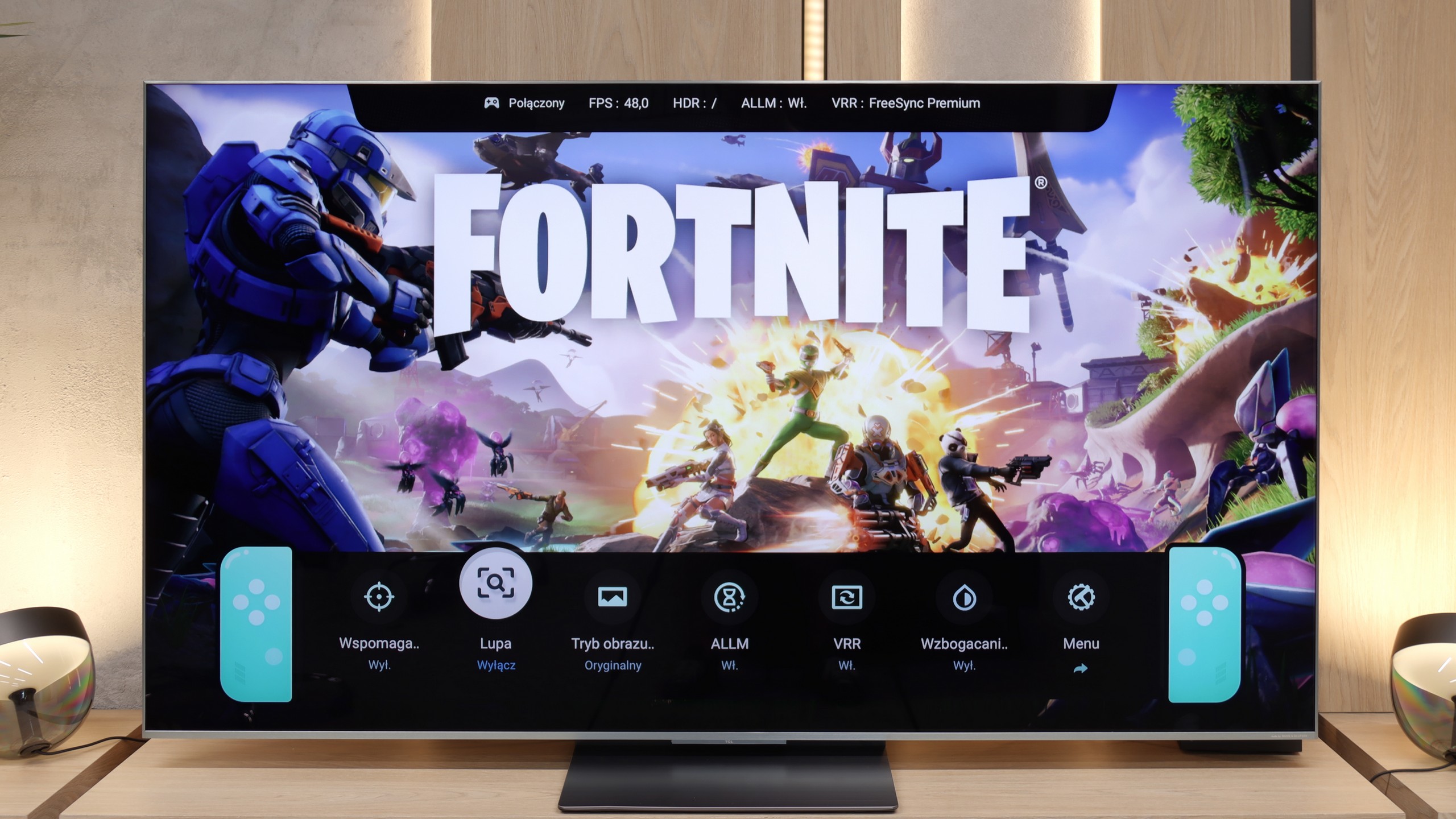

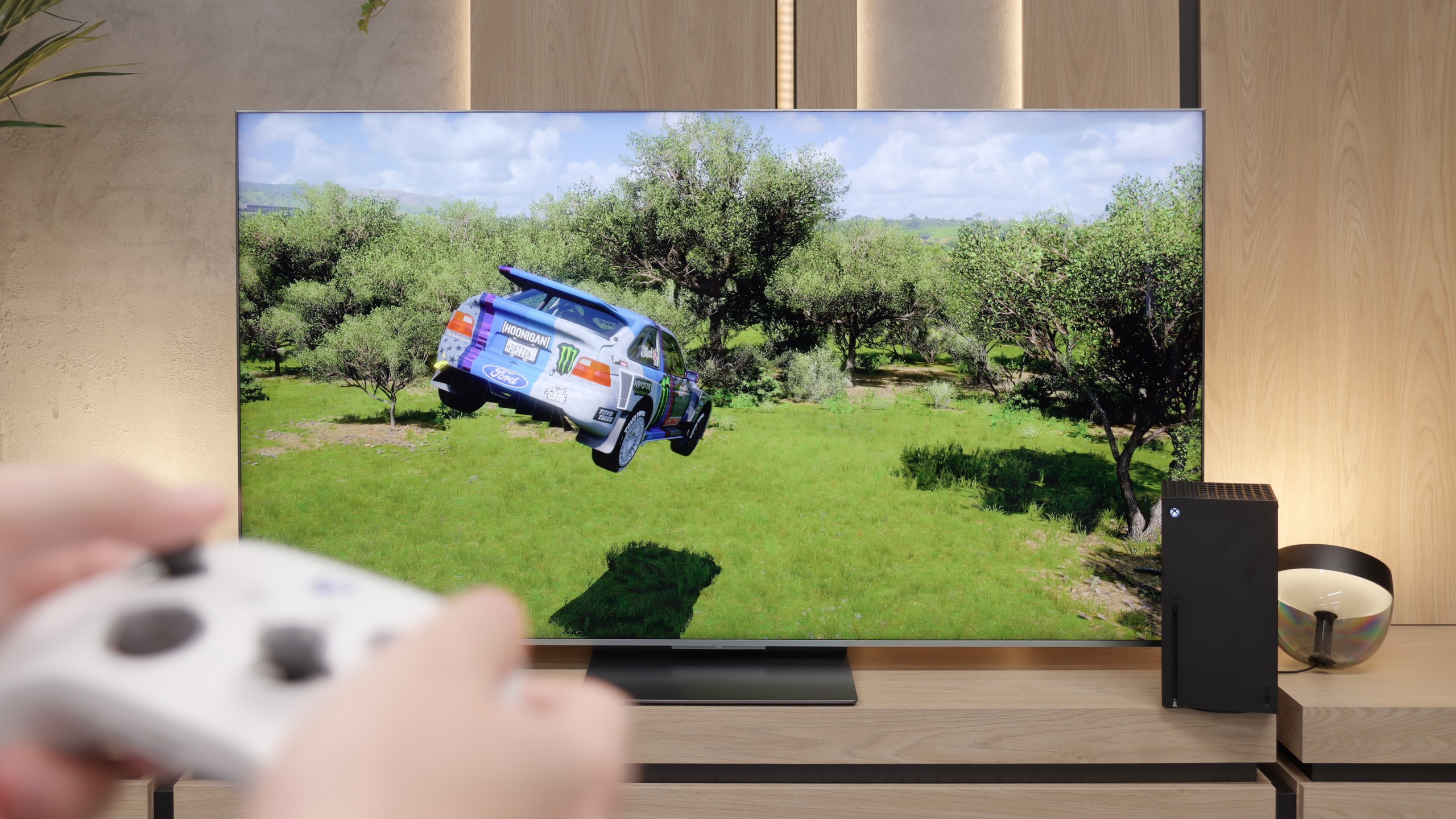
We can now say that LG C4, like practically every OLED television from the manufacturer, is exceptionally good in terms of cooperation with consoles and PCs. Thanks to the implementation of four full-bandwidth HDMI 2.1 ports at 48 Gbps, the manufacturer has embedded all the features that enhance gaming comfort, including simultaneous support for FreeSync and G-Sync technologies. With such a tandem, players with graphics cards from AMD or nVidia can safely choose C4. However, what should please gamers demanding the highest possible quality the most is the simultaneous implementation of HDR Dolby Vision and HGIG mode. The former is particularly important as it operates with extremely low input lag in all settings.
A standard feature in televisions from the Korean manufacturer is also the implementation of GameBar, allowing for quick adjustments of settings "on the fly," without the need to exit the game. It also allows for image adjustments for people with visual impairments, which is an incredibly nice touch. Another important piece of information is that when VRR technology is enabled, we won’t experience a drop in contrast. This is, of course, due to the design of the panel and the absence of conventional backlighting. It is, however, normal for shades of grey to flicker slightly, although this is a characteristic feature of this function regardless of the manufacturer and television.
In summary: LG C4, just like all the manufacturer's OLEDs equipped with high-refresh-rate panels and HDMI 2.1 connections, creates a harmonious whole with consoles. In practice, it is a complete television, and if we expect the highest possible efficiency in gaming, C4 will be an ideal choice.
From a gaming perspective, the TCL C9K is a complete tool. It features two (out of four) full bandwidth 48 Gbps HDMI 2.1 ports, so all the key technologies work: VRR (Variable Refresh Rate) and ALLM (Auto Low Latency Mode). Additionally, the manufacturer has included a really intuitive Game Bar that allows you to quickly check the most important parameters and adjust settings without fumbling through menus. Also, TCL's policy is a plus – the TV isn’t afraid of any HDR formats, even in game mode. Whether it's HGiG or Dolby Vision for the Xbox Series S/X console – everything works as it should, giving the player plenty of freedom.
Input lag
10/10
9.8/10
SDR
HDR
Dolby Vision
The latency time of LG C4 is remarkably low in every scenario. Even the most avid gamers will surely appreciate the very low input lag at demanding 4K 120 Hz settings with HDR, which is only 5 ms. It's also worth noting that the lag at these same settings, but with Dolby Vision HDR enabled, remains unchanged, which is not so obvious with the competition. Therefore, it deserves the highest rating and recommendation.
In terms of input lag, the TCL C9K performs exceptionally well. With 120 Hz content, the lag is only 7 ms, placing it among the very top televisions available on the market. Naturally, with 60 Hz materials, the input lag increases to around 15–16 ms, but in practice, this has little impact on the final responsiveness of the screen to our actions on the controller.
Compatibility with PC
8.6/10
8.6/10

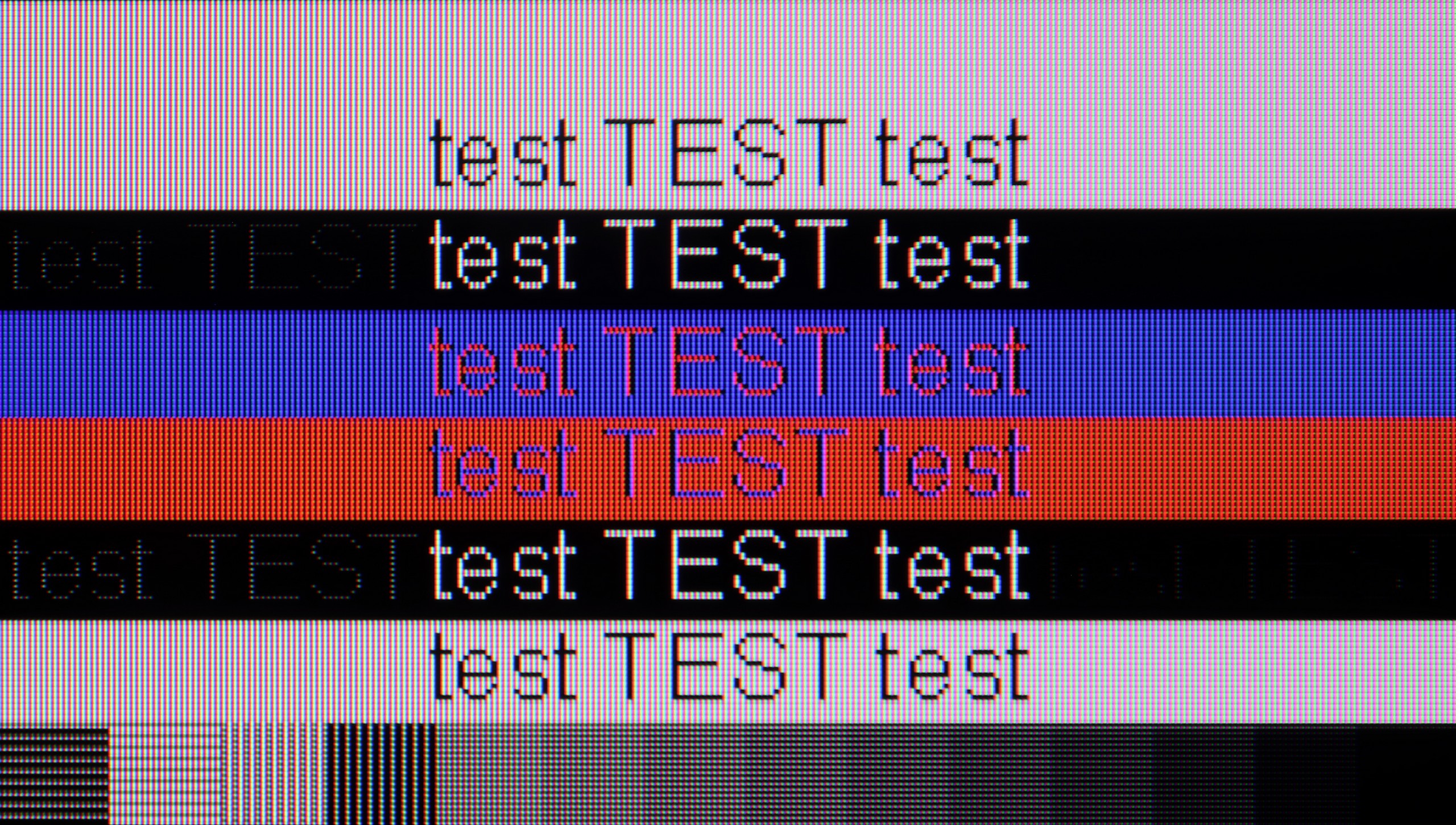
LG C4 combined with a PC works wonderfully, thanks to its very low latency of just 13.5 ms, which is practically instantaneous feedback between the mouse, eye, and screen. An extremely important aspect when working on a screen is the readability of text, which in the case of the tested TV is very good. However, it is worth noting that to achieve sharp fonts, you need to enable the passthrough option in the settings.
The RWBG pixel layout does not significantly affect the display of fonts or letters, which is a significant advantage over Samsung's QD-OLED panels. Users of both Windows-based PCs and macOS will surely be pleased with their experience on the tested TV screen.
When it comes to office work, the TCL C9K does not disappoint – thanks to support for chroma 4:4:4, text readability is at a good level, so typing or working with documents shouldn’t be a problem. While there are some minor issues with dimming horizontal lines, in everyday use it’s hard to call this a real flaw. However, the biggest potential of the C9K reveals itself in PC gaming. Here, the television showcases its full capabilities – it can switch to lower resolutions, such as Full HD, and display images at up to 288 Hz. Additionally, it supports both G-Sync and FreeSync, so synchronisation with the graphics card works excellently. It’s hard to have any significant complaints about this setup – it’s truly a top-tier screen for gaming on a computer.
Viewing angles
7.5/10
4.5/10
The undisputed advantage of OLED panels is their efficiency in the context of group viewing, meaning from various angles. LG C4 maintains very good contrast, colour saturation, and fidelity. Although this isn't a result of organic TVs supported by MLA technology, it's fair to say that anyone who purchased the device was satisfied with the results obtained. However, it should be noted that at sharp angles a slight greenish tint can be observed. This is a characteristic feature of WRGB panels from LG, without the aforementioned micro-lens technology, and unfortunately, there's nothing that can be done about it.
A new feature in TCL televisions for 2025 is the WHVA panel, which is designed to provide better viewing angles than standard VA panels. And indeed – progress is noticeable. When viewing the screen from the side, the image is clearer and the colours do not degrade as quickly as in previous models. However, this does not mean that we are encountering the level of top coatings or solutions found in IPS panels, and certainly not OLEDs. The image remains readable, but the brightness noticeably drops. This is definitely a step forward compared to earlier TCL models, but not a full revolution yet.
TV efficiency during daytime
5.7/10
7/10

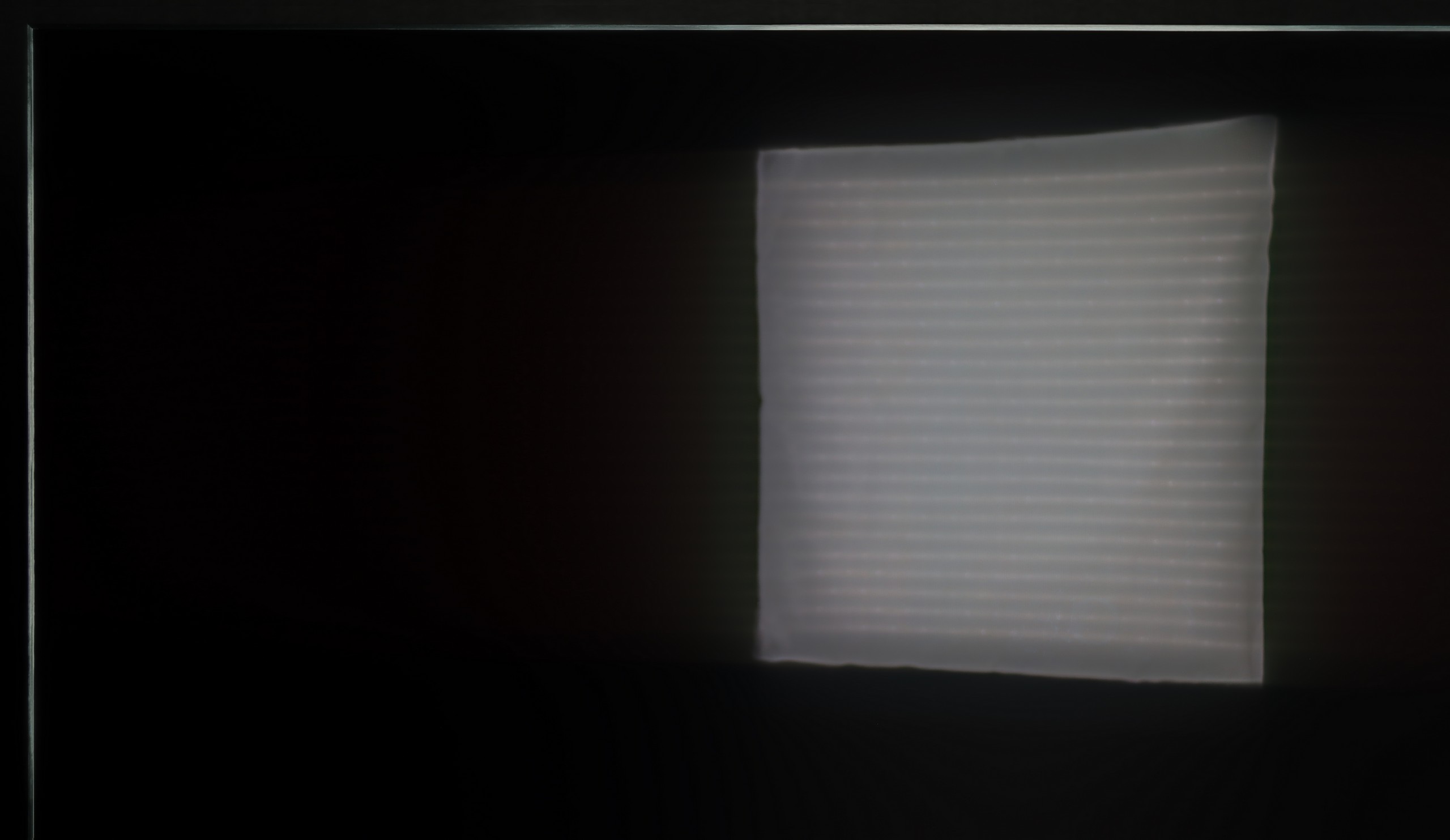


Matrix brightness
Average luminance SDR
TCL C9K: 642 cd/m2
LG OLED C4: 367 cd/m2
The maximum brightness of the television in SDR materials is 367 nits. For an OLED television, this is a very good result and allows for quite comfortable viewing during the day. It's worth noting two things. Thanks to the glossy coating of the panel, the light reflections are well held in place and do not spill over the rest of the panel. The second issue is the brightness of the screen when fully filled with white, oscillating around 220 nits, which is a remarkable result, as until recently, OLED televisions in this category could only boast brightness half as much. As a result, the conditions for watching, for example, winter sports will be very good.
The new WHVA matrix coating has its strengths and weaknesses. On one hand, it handles smaller reflections quite well, but on the other hand, with stronger light sources, it shows that the suppression of reflections isn't at the highest level. Fortunately, the coating doesn't ruin what's most important: the blacks and colour saturation. This is definitely a plus, as in many competing models, compromises in this area are much more painful. Additionally, it has very high brightness – in SDR content, the C9K can achieve an average of 650 nits in SDR materials. This performance is more than sufficient for watching TV or films in challenging lighting conditions, even on a sunny day.
Details about the matrix
Subpixel Structure:

Panel uniformity and thermal imaging:

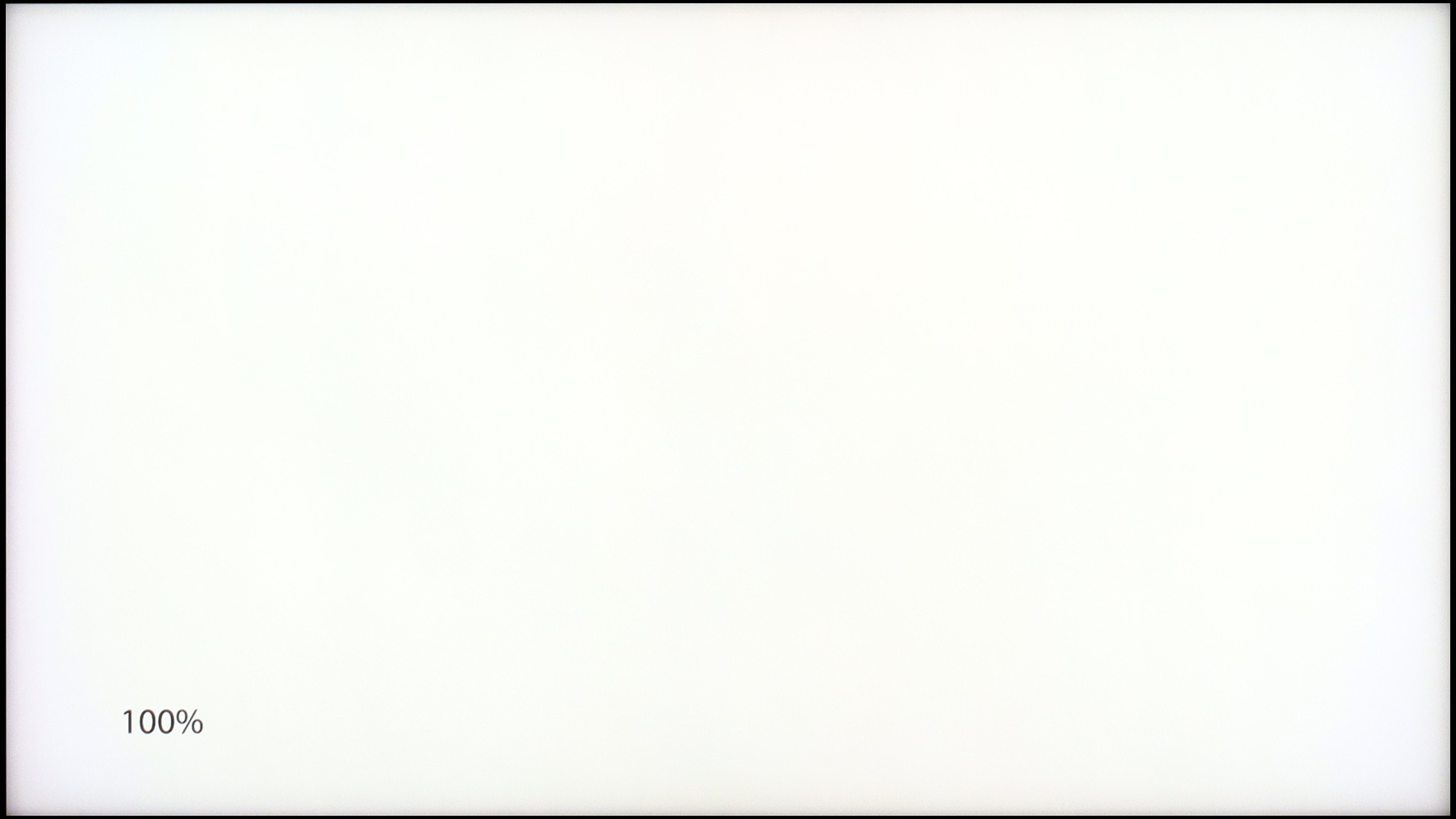
LG OLED C4
TCL C9K
TV features
8.2/10
7.7/10
- HDMI inputs0 x HDMI 2.0, 4 x HDMI 2.1 48Gbps2 x HDMI 2.0, 2 x HDMI 2.1 48Gbps
- Other inputsIR (remote)
- OutputsToslink (Optical audio), eARC (HDMI), ARC (HDMI)Toslink (Optical audio), eARC (HDMI), ARC (HDMI)
- Network InterfacesWi-Fi 2.4GHz, Wi-Fi 5GHz, Ethernet (LAN) 100MbpsWi-Fi 2.4GHz, Wi-Fi 5GHz, Ethernet (LAN) 100Mbps
- TV receptionDVB-T, DVB-T2, DVB-S, DVB-S2, DVB-CDVB-T, DVB-T2, DVB-S, DVB-S2, DVB-C
Classic features:
- Recording to USB (terrestrial TV)
- Recording programming
- Picture in Picture (PiP)
- RF remote control (no need to aim at the screen)
- Backlit remote control
- Teletext
- Audio only mode
- Possibility to connect Bluetooth headphones to the TV
- Possibility to simultaneously use Bluetooth headphones and the TV speaker
Smart features:
- AirPlay
- Screen mirroring (Windows Miracast)
- Wyszukiwanie głosowe
- Voice search in native language
- Ability to connect a keyboard and mouse


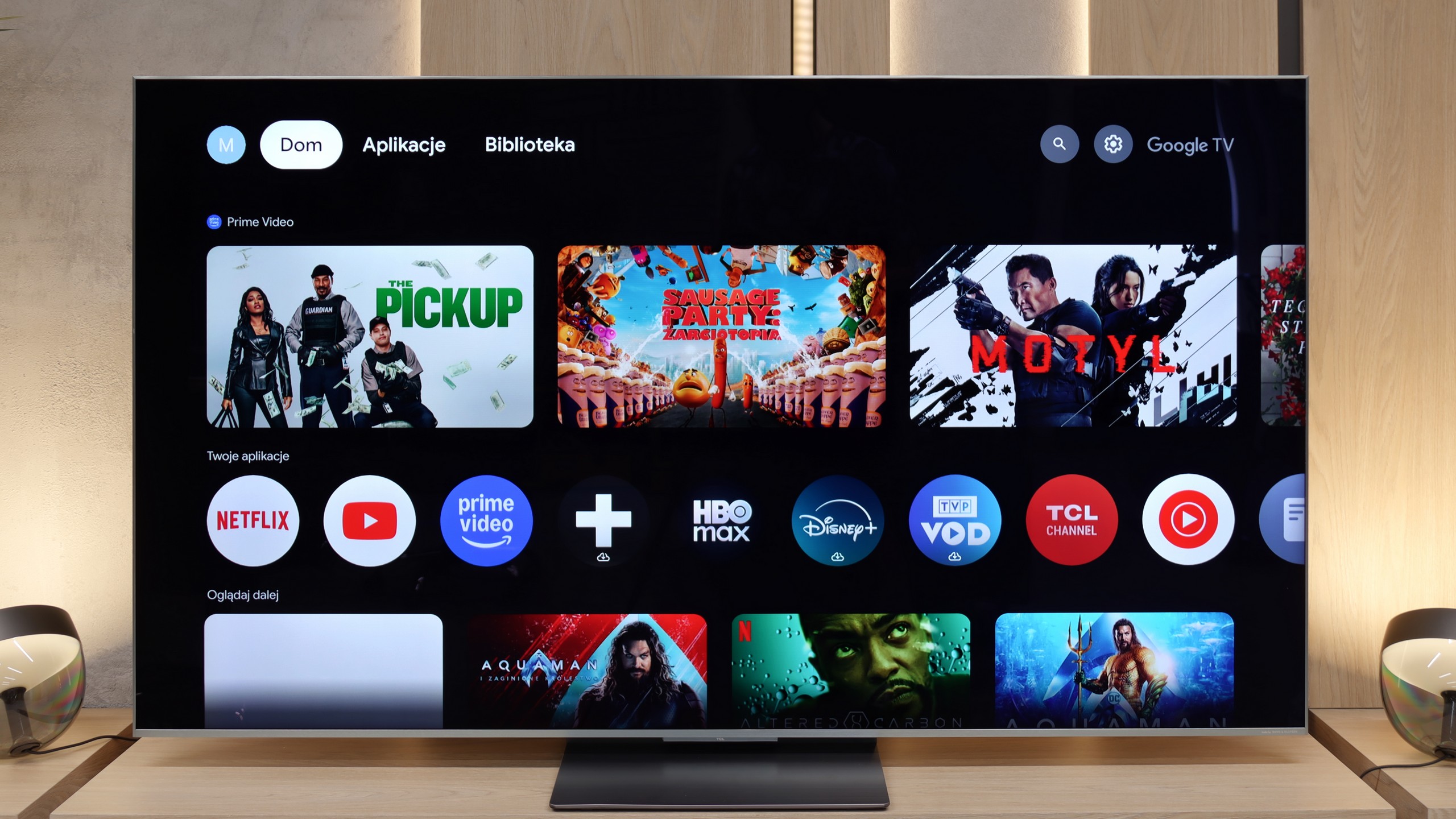
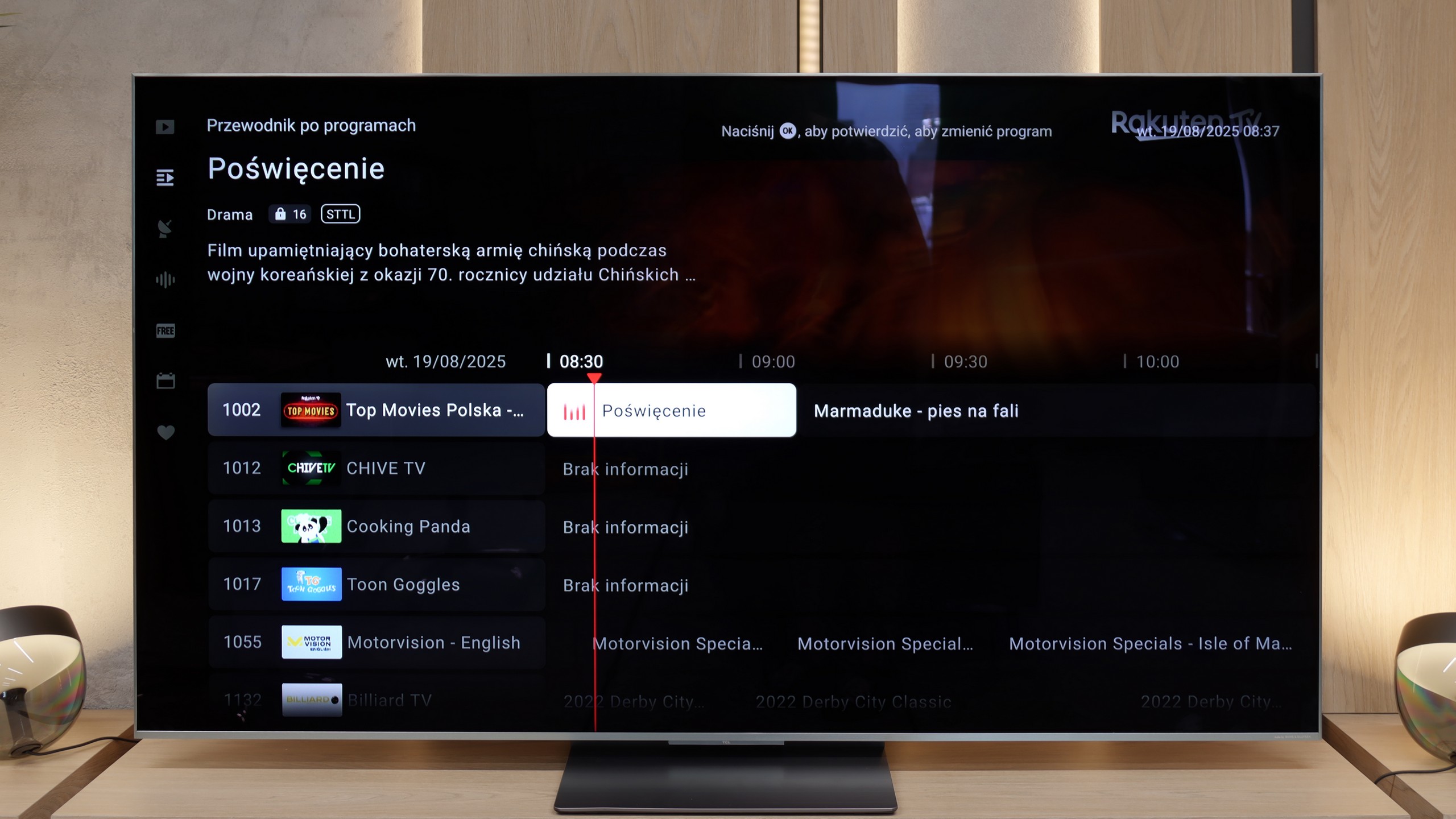
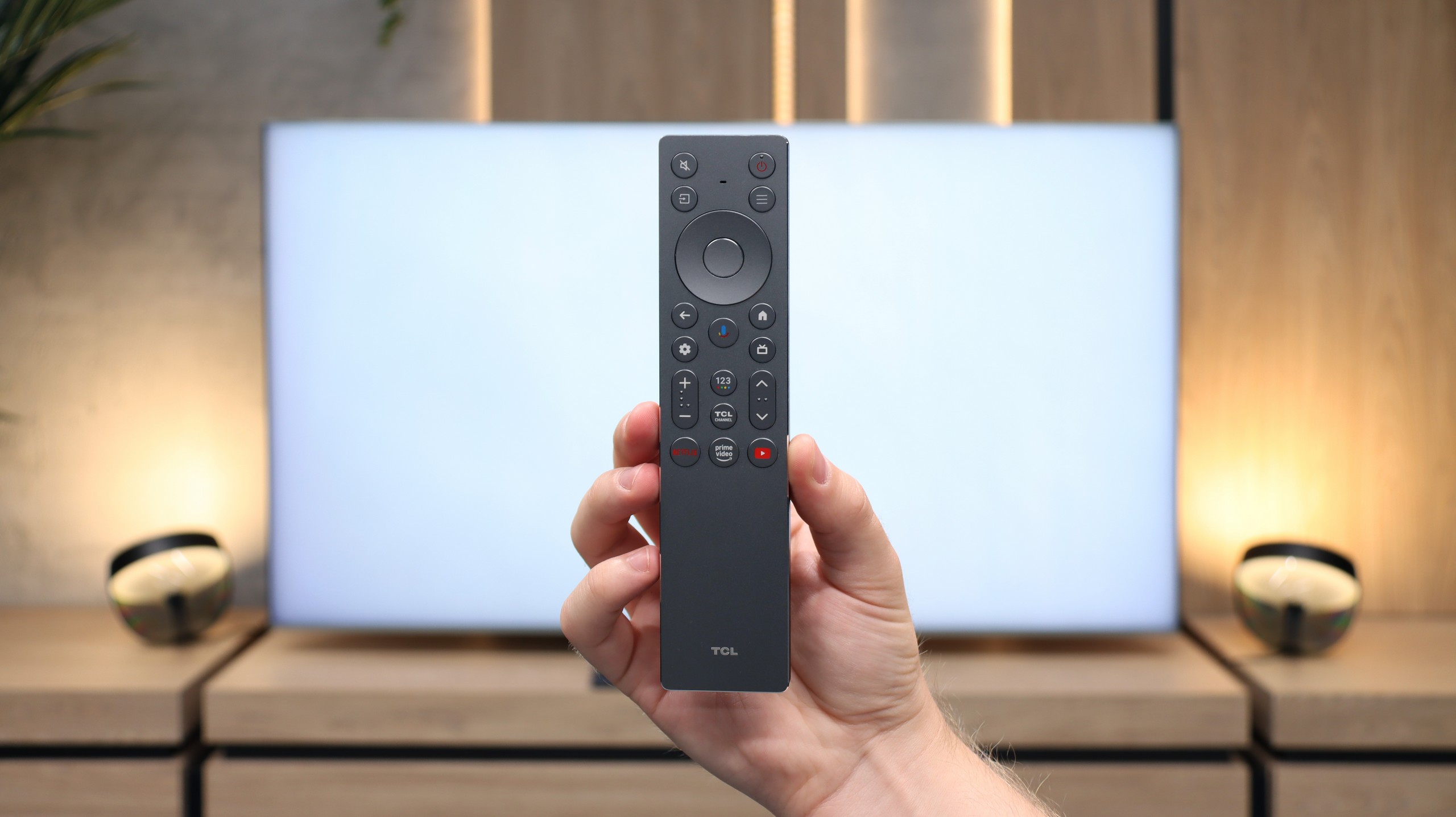
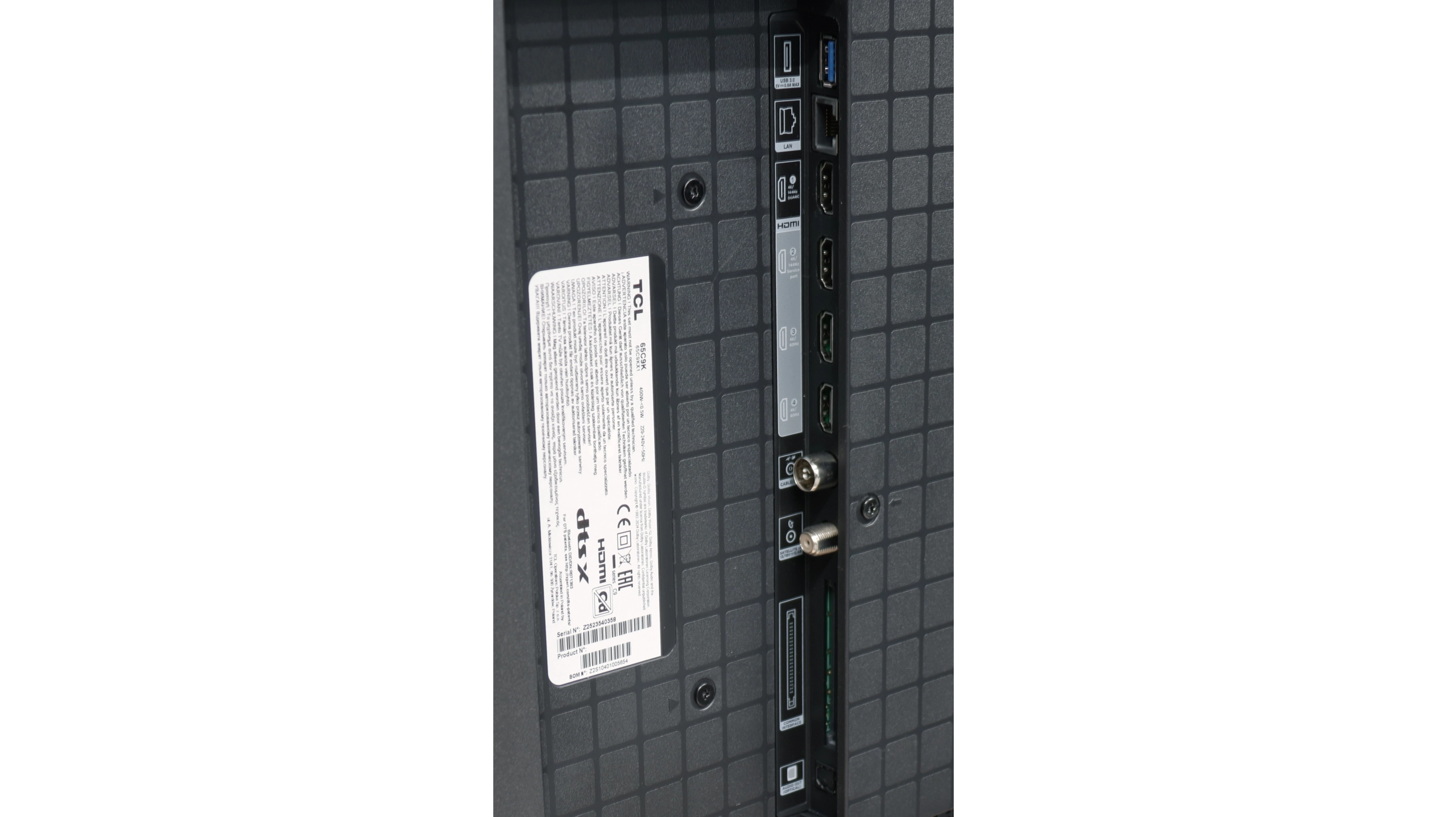
LG uses the well-known proprietary WebOS system that has been around for many years. The system offers virtually all the major apps, and the few that are missing can be counted on one hand, such as CDA or KODI. It's also worth noting that the modern web browser and the remote with a built-in mouse allow for convenient access to streaming services in this way, if there isn't a built-in app.
WebOS also features a highly praised ability to perform operations using a cursor that appears when the remote is moved. The convenience of this function is invaluable when entering queries or passwords for portals. WebOS, like most systems, also supports features such as screen mirroring, AirPlay, voice searching in Polish, and the ability to connect headphones via Bluetooth. On a more practical note, WebOS allows simultaneous use of headphones and the television speaker, which will certainly be a significant help for those with hearing impairments. One of the more interesting features, particularly appreciated by sports fans, is the ability to turn on an alert for an upcoming match, ensuring that we never miss a broadcast. The home panel also deserves praise, allowing for control of all smart devices connected to the home network. For example, the end of a wash cycle will be signalled by a notification in the top right corner.
In summary, the WebOS system, although less known and with certain limitations compared to Android TV, offers stable and quick performance and supports most functions that users may need. It is a solid solution for those looking for a simple and effective operating system in their television.
Classic TV Features
In terms of basic TV functions, the TCL C9K does not disappoint – it has everything that most users expect. The EPG guide operates smoothly, teletext is available, and pairing Bluetooth headphones, a mouse or a keyboard goes off without a hitch. However, it should be noted that in the Google TV system – just like in other TCL models – there is a lack of more advanced options such as programme recording or picture-in-picture (PiP) mode. Some people may find this unsatisfactory, especially if they have used such features with competitors. It's also worth mentioning that we only have one USB port – it's enough to connect a hard drive with movies or a USB stick, but if someone plans to use multiple storage devices, they may find this lacking.
Smart Features
While in terms of classic solutions the TCL C9K does not stand out, in the field of smart functions it showcases its full potential. The Google TV system is currently the most popular platform and it’s clear why – the app library is enormous. Netflix, YouTube, Disney+, HBO Max, Amazon Prime Video – all are readily available. Only those very attached to more closed ecosystems, like Apple Music, will feel the absence. A significant advantage is the built-in voice assistant – it works quickly, understands natural commands, and allows for convenient control of the TV: from switching channels to opening apps, as well as searching for content or checking the weather. It’s in this area that the TCL C9K shows that a smart TV is more than just a “TV with internet” – it’s a tool that genuinely simplifies everyday use of the device.
Playing files from USB
9.3/10
9.2/10
Supported photo formats:
Maximum photo resolution:

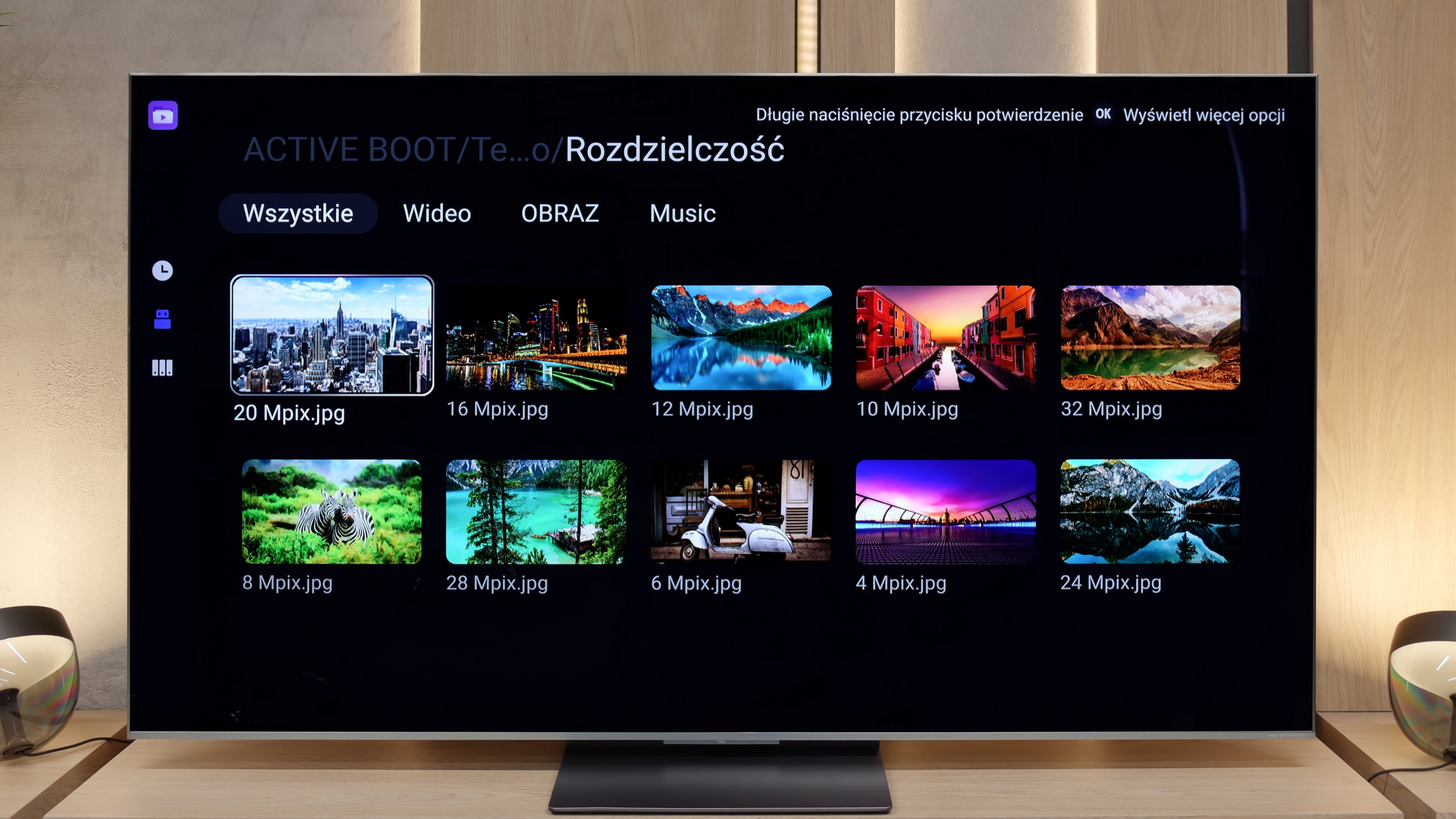
The default file player on LG C4 handles all photo resolutions exceptionally well. It successfully plays videos recorded in practically all the most popular formats, including Dolby Vision. The only codec that the C4 won't play is H.266 VVC, although this is currently rather uncommon. It's a pity that subtitles in .txt format are not supported. Attention should be paid to the supported photo formats, of which there are only three: JPEG, PNG, and, importantly for Apple phone users - HEIC. However, the tested television cannot be faulted for a lack of variety in audio files, which can be played without a compatibility warning.
The C9K had no trouble handling most of the materials we threw onto the USB drive – from MKV formatted films, through older AVI files, to audio tracks in DTS and FLAC. The only issue remains the lack of support for HEIC photos from Apple devices, but this is a problem for practically all manufacturers. However, the most important thing is that if someone is missing support for some exotic format, they can always reach for an alternative player available in the Google Play store. And this is where the advantage of the Google TV system shines through – the ease with which you can expand the television’s capabilities with additional applications.
Apps
9.1/10
9.6/10














































Sound
7.5/10
7.9/10
- Maximum volume-77dB
- Dolby Digital Plus 7.1
- Dolby True HD 7.1
- Dolby Atmos in Dolby Digital Plus (JOC)
- Dolby Atmos in Dolby True HD
- DTS:X in DTS-HD MA
- DTS-HD Master Audio
The audio system implemented in LG C4 is very well tuned, allowing us to experience strong bass as well as balanced mid and high tones. We can confidently say that in its price range, it's one of the better sounding televisions. However, we believe that those deciding to purchase the C4 will already have a dedicated audio set. The presence of DTS-HD Master Audio and Dolby Atmos codecs will also be significant.
The sound in the TCL C9K is handled by the same setup as in the C8K model – prepared in collaboration with Bang & Olufsen. It features a 4.2.2 configuration with a total power of 90 W, consisting of eight speakers arranged to create a fuller sense of space. And I must admit – the effect is impressive. The dialogues are clear, the highs and mids sound pure, and the bass does not falter, even during louder screenings. Of course, this won't replace a dedicated soundbar or home theatre system, but for built-in speakers – there’s really something to listen to.
*During maximum volume tests, we noticed unusual behaviour from the audio system. With the slider set to 100%, the television reaches around 76–78 dB, but it’s clear that it tries to generate more power, after which the sound level is immediately corrected back to the mentioned value. On the other hand, when we lower the volume to, say, 70%, it initially decreases as expected, but after a moment, it slowly rises back up to that same level of 76 dB. This effect gives the impression of an aggressive limiter at work, which regardless of the slider position always brings the volume back to a single level. We checked this behaviour multiple times, and in each case, the result was the same – no additional functions for 'intelligent' volume adjustment or AI were active during these tests.
Acoustic Measurements
No acoustic data
77dBC (Max)
75dBC


